Essay for Primary School: Simple Guide for Kids [with Samples]
The age of primary school students ranges from 5 to 11 years. At this stage of education, children start developing their writing skills. They make their first steps to analyzing and proving their points of view. Besides, they study how to write an essay for elementary school.
Our specialists will write a custom essay specially for you!
Correctly preparing all types of homework, from creative to persuasive writing, is something they should learn how to do. Surely, they need assistance in completing the first tasks. Right now, we will present to you the essentials of a good essay for primary school:
- A captivating topic;
- A precise and clear thesis statement;
- Several introductory sentences;
- Several supporting sentences;
- A strong concluding part.
If now you are looking for some hints for writing primary school essays, you have come to the right place. Especially considering the fact that children may approach the task in a variety of ways depending on how they prefer to study (which is easy to find out by taking a learning style quiz for kids). Below, our team has prepared tips and tricks for kids to nail their primary-level academic papers.

💡 How to Write an Essay for Primary School
An essay is one of the first written assignments you may get. So, we advise you to pay special attention to what your teacher says. Before assigning such a task, they give you explanations for preparing a primary school essay.
Usually, elementary school essays are meant to fire up kids’ imagination and expose their writing skills. No matter what the purpose is, you should approach the task with care.
What should an essay for primary school include?
Just in 1 hour! We will write you a plagiarism-free paper in hardly more than 1 hour
- A captivating topic ; Selecting a topic is the first thing you will do after you get your assignment. Carefully examine the task’s details and think about something appropriate for your elementary level. Brainstorming your ideas is an excellent place to start.
- A precise and clear thesis statement; Make sure your thesis statement is accurate and brief. Without a clear thesis, your essay will not have a central idea and will be hard to develop. A precise statement tells the reader what your writing is about. Besides, it exposes how good your grip on the central idea is.
- Several introductory sentences; A great introductory paragraph can help you grab your readers’ attention. You can start by including a quote, telling an anecdote, or asking a question. In the introduction, the author also identifies the purpose of the essay and the topic. The paragraph ends with a thesis statement and prepares the reader for the supporting sentences.
- Several supporting sentences; This part of your essay will include the position you presented in the thesis statement. It will either offer an idea or defend it. It can be done in several ways: you can include reasons, examples, and supporting points.
- A strong concluding part. The conclusion wraps up the essay, but it emphasizes all the principal points you have argued throughout your essay. It is the last chance to sway your reader by explaining why the topic is relevant to them. Ending your essay with a strong concluding part shows that the thesis statement has been defended.
Essays for primary schools do not require research or analytical data. All you need is to present your ideas on the specified or chosen topic. Mind the proverb, “the written word remains” while writing your first elementary level essay.
The thing is:
The essay structure explained above will work for assignment kids will face in elementary school, middle school, high school, and up to college level. Teaching kids to write a traditional five-paragraph essay is essential for their academic success. It helps explain to them how to argue their ideas in a coherent and structured manner.
If you need more help with writing essays or with essay proofreading , you are welcome at our site.
✨ Topics for Primary School Essays
See the primary school essay topics that are manageable for an elementary level. It should be interesting for a kid but also informative and engaging for the readers.
Receive a plagiarism-free paper tailored to your instructions. Cut 20% off your first order!
These topics will get an A+ for your next school assignment:
- Our world in 50 years;
- My first day at school ;
- Future profession ;
- My summer holidays ;
- My family ;
- My journey through primary school ;
- When I grow up … etc.…
You can find a good topic but have no idea how to write a good paper on it. These five essay prompts can be helpful if you need some inspiration.
- What is your favorite day of the week, and why? Think about a day of the week you enjoy the most. Why do you like it? Most of us wait for weekends to rest and spend time outside and with our families and friends . If that’s your case, describe how your usual Sunday looks and explain why you enjoy it.
- What do you like the most about winter ? This is another great topic to consider, especially for creative writing. Everyone can pick at least several things they enjoy about winter. Whether it’s the snow, the winter sports, the holidays, or the winter break, write about something you like. It’s a fun and engaging topic for everyone.
- Who’s your hero ? All of us have a person they admire. It can be your father, your friend, or a celebrity. Think about the qualities or their actions that make them so special. You can try to tell a little bit about their biography and explain how they influenced you.
- What’s a good friend ? You probably have a best friend. In this essay, you can try to explain what qualities do you personally appreciate in them. If you haven’t found a best friend yet, you can try to think about what kind of people you enjoy interacting with.
- Your biggest dream . People are born with the ability to dream. What is your biggest dream? Is it to learn how to drive a boat or visit savanna and see the big five? This essay lets your imagination and your creativity run wild.
- The car I dream about .
- Explain what friendship means to you.
- Describe your parents .
- How do you understand happiness ?
- Write how you help your classmates with autism to feel included.
- The most important event of my childhood.
- Discuss why physical activity is important for children and what types of activity you like best.
- Do you like to take part in competitive sports ?
- Explain why you like or don’t like figure skating .
- A person who inspires me: my mother .
- What dog would you like to have?
- Describe your visit to Disneyland or any other theme park.
- My travel to Dresden .
- What challenges did you face in primary school ?
- Do you believe in online- friendship ?
- What do you do when you feel stressed ?
- Tell about your puppy and how you take care of it.
- The reasons my teacher is the brightest figure in my life.
- Describe the kindergarten you went to and explain why you liked or didn’t like it.
- How did you deal with bullies in the kindergarten .
- How I won the fight by losing it .
- Write about your favorite primary school teacher.
- Why everyone should have a pet .
- Explain how you interact with other kids at school.
- Tell about the most exciting event in your life.
- Explore how eating healthy food can help you to do better at school.
- Describe your first visit to a museum .
- The difference of being a child in the past and today .
- Write about your trip to Yellowstone National Park and what you liked the most about it.
- What makes a good parent ?
- How does your dream home look like?
- Do you remember what difficulties you faced while learning to write ?
- Tell about your favorite holiday .
- What do you like about Christmas ?
- How I learned to ride a bicycle.
- Describe the lessons you have in primary school and which of them is your favorite.
- Write about your physical education teacher .
- Discuss the pre-school education facility you’ve visited.
Sometimes such prompts can help you better than primary school essay writing samples. First of all, it gives you a direction by leaving you with the questions that only you can answer. Second, it shows you a variety of topics and themes available. Nevertheless, we still encourage you to look at some simple essays for primary school for better results.
All in all:
Essays are the most common academic paper that might seem easy to a writer. Our free tips will help you to get through any kind of paper. Still, if you are stuck on essay writing, you can always ask us for help!
Get an originally-written paper according to your instructions!
Thank you for reading the article! Share it with peers and leave a comment below to let us know your opinion.
Further reading:
- Essay Topics for Grade 8, 9, 10, 12
- What Does an Excellent Essay Look Like?
- 1000-Word Essays: Quick Answers
- Breaking Down the Types of Essays
- A Complete Guide to Essay Writing
- How to Write a Good 5 Paragraph Essay
- The Basics of Effective Essay Writing: Becton Loveless, Education Corner
- 50 Writing Prompts for Elementary School Children: Janelle Cox, ThoughtCo
- Student Writing Models: Thoughtful Learning K-12
- Elementary Archives: JournalBuddies.com
- Share to Facebook
- Share to Twitter
- Share to LinkedIn
- Share to email

Canadian identity is something that has become really important for many Canadians in the past fifty years. Canada is a big, multinational country with its own traditions, culture, and history. However, because of quite a large number of foreigners and even Americans, its culture and people are associated with the...

Let’s say you received a task to write an essay about cars. The topic might be interesting for you, but you may still have no idea how to organize your paper. Well, this article is for you.

Smoking can be viewed as one of the trendy habits. Numerous teenagers try it since they think that it is cool or can help them socialize. Often students start smoking due to stress or mental illnesses. But is it okay? Educators tend to give different written assignments, which may disclose...
![essay writing primary 6 Child Labor Essay: Thesis, Examples, & Writing Guide [2024]](https://custom-writing.org/blog/wp-content/uploads/2020/12/child-working-in-cambodia-e1565628499749-284x153.jpg)
Children have always been apprentices and servants all over human history. However, the Industrial Revolution increased the use of child labor in the world. It became a global problem that is relevant even today when such employment is illegal.
![essay writing primary 6 French Essay: Topics, Tips, and Examples [2024 Updated]](https://custom-writing.org/blog/wp-content/uploads/2020/12/french-woman-with-baguettes-street-beret-284x153.jpg)
Nowadays, knowing several foreign languages is no longer surprising. For example, learning French is common for English-speaking countries. So, getting an assignment on this subject won’t be a surprise for a student.

Dissertation critique writing develops the students’ critical and logical thinking abilities. When composing, the students learn to analyze the works conducted by other researchers. To critique a dissertation, you should: Thoroughly read the paper.Take notes and summarize the text (you can even try and use auto summarizer for that).Interpret and...

An opinion essay is a formal piece of writing which presents the author’s point of view on a particular subject supported by reasoning and examples. The opposing viewpoint is also suggested, but it is followed by arguments that show its inconsistency. Take a look at the guide prepared by Custom-writing experts to...

So, you need to accomplish your discursive essay writing. The typical questions most students ask are: How do you write it? What is discursive essay? A discursive essay is an academic paper that involves a discussion on a particular topic. It is usually assigned to college students. You may be...

How to write a narrative essay? To do that, you need to know what a narrative essay is. It is an academic text usually written as a story and containing all the usual elements of a story. Narrative essays are often personal, experiential, and creative. Still, they should be made...
![essay writing primary 6 College Essay Writing 101—the Comprehensive Guide [2024]](https://custom-writing.org/blog/wp-content/uploads/2021/01/student-girl-making-notes-in-a-copybook-with-a-pencil-e1565634333206-284x153.png)
So, you can’t wait to get into college and join a fraternity, sorority, or student union. Well, we have some incredibly useful tips and helpful information for college admission essay writing! Remember: getting into college takes more than money. And outstanding essays get you great college scholarships!
![essay writing primary 6 Americanism Essay: Examples, Tips & Topics [2024 Update]](https://custom-writing.org/blog/wp-content/uploads/2020/12/american-flag-284x153.jpg)
It’s not hard to see why Americanism is one of the most popular essay topics. The concept of Americanism is in the center of the US identity. Writing an essay about it is an excellent way to find out more about this great country.

An art critique paper involves a comprehensive analysis and assessment of an artwork. Though this looks a bit complicated, the task doesn’t require a lot of time if you have sufficient critique writing skills. It’s an interesting assignment for students of art colleges as well as high schoolers. All you...
Being a primary school teacher of English language, I have discovered that many students leave primary school without basic essay writing skills. This is because as teachers, we do less to help and guide the learners in this aspect. We do less because we lack the knowledge and ability to guide the learners perfect this writing skills yet it is considered the production stage of language learning. Kindly help me. Guide me further so that I can also guide my learners.

Thanks for the feedback. Keep up your excellent work!
A great suggestion for primary teachers and parents!
Glad you liked the article, Mung 🙂
This is a very good method to preach the acknowledgments on report writing towards people.
Thanks, Tayyaba 🙂
Thank you for your great effort and help. Your blog has taught me many things! Thanks for this fantastic blog post on writing primary school essays.
Thanks for the post on writing essays for primary schools. It’s a real help for me and my son, who just starts to learn how to write essays.

Essay Writing: A complete guide for students and teachers
P LANNING, PARAGRAPHING AND POLISHING: FINE-TUNING THE PERFECT ESSAY
Essay writing is an essential skill for every student. Whether writing a particular academic essay (such as persuasive, narrative, descriptive, or expository) or a timed exam essay, the key to getting good at writing is to write. Creating opportunities for our students to engage in extended writing activities will go a long way to helping them improve their skills as scribes.
But, putting the hours in alone will not be enough to attain the highest levels in essay writing. Practice must be meaningful. Once students have a broad overview of how to structure the various types of essays, they are ready to narrow in on the minor details that will enable them to fine-tune their work as a lean vehicle of their thoughts and ideas.

In this article, we will drill down to some aspects that will assist students in taking their essay writing skills up a notch. Many ideas and activities can be integrated into broader lesson plans based on essay writing. Often, though, they will work effectively in isolation – just as athletes isolate physical movements to drill that are relevant to their sport. When these movements become second nature, they can be repeated naturally in the context of the game or in our case, the writing of the essay.
THE ULTIMATE NONFICTION WRITING TEACHING RESOURCE

- 270 pages of the most effective teaching strategies
- 50+ digital tools ready right out of the box
- 75 editable resources for student differentiation
- Loads of tricks and tips to add to your teaching tool bag
- All explanations are reinforced with concrete examples.
- Links to high-quality video tutorials
- Clear objectives easy to match to the demands of your curriculum
Planning an essay

The Boys Scouts’ motto is famously ‘Be Prepared’. It’s a solid motto that can be applied to most aspects of life; essay writing is no different. Given the purpose of an essay is generally to present a logical and reasoned argument, investing time in organising arguments, ideas, and structure would seem to be time well spent.
Given that essays can take a wide range of forms and that we all have our own individual approaches to writing, it stands to reason that there will be no single best approach to the planning stage of essay writing. That said, there are several helpful hints and techniques we can share with our students to help them wrestle their ideas into a writable form. Let’s take a look at a few of the best of these:
BREAK THE QUESTION DOWN: UNDERSTAND YOUR ESSAY TOPIC.
Whether students are tackling an assignment that you have set for them in class or responding to an essay prompt in an exam situation, they should get into the habit of analyzing the nature of the task. To do this, they should unravel the question’s meaning or prompt. Students can practice this in class by responding to various essay titles, questions, and prompts, thereby gaining valuable experience breaking these down.
Have students work in groups to underline and dissect the keywords and phrases and discuss what exactly is being asked of them in the task. Are they being asked to discuss, describe, persuade, or explain? Understanding the exact nature of the task is crucial before going any further in the planning process, never mind the writing process .
BRAINSTORM AND MIND MAP WHAT YOU KNOW:
Once students have understood what the essay task asks them, they should consider what they know about the topic and, often, how they feel about it. When teaching essay writing, we so often emphasize that it is about expressing our opinions on things, but for our younger students what they think about something isn’t always obvious, even to themselves.
Brainstorming and mind-mapping what they know about a topic offers them an opportunity to uncover not just what they already know about a topic, but also gives them a chance to reveal to themselves what they think about the topic. This will help guide them in structuring their research and, later, the essay they will write . When writing an essay in an exam context, this may be the only ‘research’ the student can undertake before the writing, so practicing this will be even more important.
RESEARCH YOUR ESSAY
The previous step above should reveal to students the general direction their research will take. With the ubiquitousness of the internet, gone are the days of students relying on a single well-thumbed encyclopaedia from the school library as their sole authoritative source in their essay. If anything, the real problem for our students today is narrowing down their sources to a manageable number. Students should use the information from the previous step to help here. At this stage, it is important that they:
● Ensure the research material is directly relevant to the essay task
● Record in detail the sources of the information that they will use in their essay
● Engage with the material personally by asking questions and challenging their own biases
● Identify the key points that will be made in their essay
● Group ideas, counterarguments, and opinions together
● Identify the overarching argument they will make in their own essay.
Once these stages have been completed the student is ready to organise their points into a logical order.
WRITING YOUR ESSAY
There are a number of ways for students to organize their points in preparation for writing. They can use graphic organizers , post-it notes, or any number of available writing apps. The important thing for them to consider here is that their points should follow a logical progression. This progression of their argument will be expressed in the form of body paragraphs that will inform the structure of their finished essay.
The number of paragraphs contained in an essay will depend on a number of factors such as word limits, time limits, the complexity of the question etc. Regardless of the essay’s length, students should ensure their essay follows the Rule of Three in that every essay they write contains an introduction, body paragraphs, and a conclusion.
Generally speaking, essay paragraphs will focus on one main idea that is usually expressed in a topic sentence that is followed by a series of supporting sentences that bolster that main idea. The first and final sentences are of the most significance here with the first sentence of a paragraph making the point to the reader and the final sentence of the paragraph making the overall relevance to the essay’s argument crystal clear.
Though students will most likely be familiar with the broad generic structure of essays, it is worth investing time to ensure they have a clear conception of how each part of the essay works, that is, of the exact nature of the task it performs. Let’s review:
Common Essay Structure
Introduction: Provides the reader with context for the essay. It states the broad argument that the essay will make and informs the reader of the writer’s general perspective and approach to the question.
Body Paragraphs: These are the ‘meat’ of the essay and lay out the argument stated in the introduction point by point with supporting evidence.
Conclusion: Usually, the conclusion will restate the central argument while summarising the essay’s main supporting reasons before linking everything back to the original question.
ESSAY WRITING PARAGRAPH WRITING TIPS

● Each paragraph should focus on a single main idea
● Paragraphs should follow a logical sequence; students should group similar ideas together to avoid incoherence
● Paragraphs should be denoted consistently; students should choose either to indent or skip a line
● Transition words and phrases such as alternatively , consequently , in contrast should be used to give flow and provide a bridge between paragraphs.
HOW TO EDIT AN ESSAY

Students shouldn’t expect their essays to emerge from the writing process perfectly formed. Except in exam situations and the like, thorough editing is an essential aspect in the writing process.
Often, students struggle with this aspect of the process the most. After spending hours of effort on planning, research, and writing the first draft, students can be reluctant to go back over the same terrain they have so recently travelled. It is important at this point to give them some helpful guidelines to help them to know what to look out for. The following tips will provide just such help:
One Piece at a Time: There is a lot to look out for in the editing process and often students overlook aspects as they try to juggle too many balls during the process. One effective strategy to combat this is for students to perform a number of rounds of editing with each focusing on a different aspect. For example, the first round could focus on content, the second round on looking out for word repetition (use a thesaurus to help here), with the third attending to spelling and grammar.
Sum It Up: When reviewing the paragraphs they have written, a good starting point is for students to read each paragraph and attempt to sum up its main point in a single line. If this is not possible, their readers will most likely have difficulty following their train of thought too and the paragraph needs to be overhauled.
Let It Breathe: When possible, encourage students to allow some time for their essay to ‘breathe’ before returning to it for editing purposes. This may require some skilful time management on the part of the student, for example, a student rush-writing the night before the deadline does not lend itself to effective editing. Fresh eyes are one of the sharpest tools in the writer’s toolbox.
Read It Aloud: This time-tested editing method is a great way for students to identify mistakes and typos in their work. We tend to read things more slowly when reading aloud giving us the time to spot errors. Also, when we read silently our minds can often fill in the gaps or gloss over the mistakes that will become apparent when we read out loud.
Phone a Friend: Peer editing is another great way to identify errors that our brains may miss when reading our own work. Encourage students to partner up for a little ‘you scratch my back, I scratch yours’.
Use Tech Tools: We need to ensure our students have the mental tools to edit their own work and for this they will need a good grasp of English grammar and punctuation. However, there are also a wealth of tech tools such as spellcheck and grammar checks that can offer a great once-over option to catch anything students may have missed in earlier editing rounds.

Putting the Jewels on Display: While some struggle to edit, others struggle to let go. There comes a point when it is time for students to release their work to the reader. They must learn to relinquish control after the creation is complete. This will be much easier to achieve if the student feels that they have done everything in their control to ensure their essay is representative of the best of their abilities and if they have followed the advice here, they should be confident they have done so.
WRITING CHECKLISTS FOR ALL TEXT TYPES

ESSAY WRITING video tutorials


Activity: Perform a poem
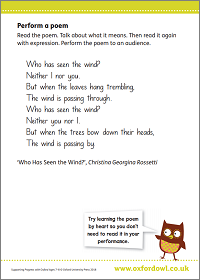
Read the poem, talk about what it means, and perform it to an audience.
5. Find story inspiration
You can find fun story ideas anywhere! Why not raid your kitchen cupboards or hunt through the attic to find lost treasures? Anything from an old hat to a telescope will do the trick. What could the object be used for? Who might be looking for it? What secrets could it hold? Suggest different genres such as mystery or science fiction and discuss how the item might be used in this kind of story.
Real-world facts can also be a great source of inspiration. For example, did you know a jumping flea can accelerate faster than a space rocket taking off into orbit? What crazy story can your child make out of this fact? Newspapers and news websites can be great for finding these sorts of ideas.
For more storytelling ideas, download our free Story idea generator or our Character profile activity sheet .
Activity: Story idea generator
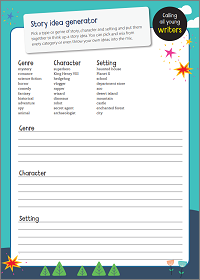
Activity: Character profile
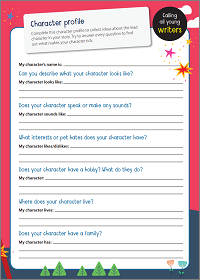
6. Draw your ideas first
If your child isn’t sure where to start with a story or even a piece of non-fiction, it can sometimes be helpful to sketch out their ideas first. For instance, can they draw a picture of a dastardly villain or a brave hero? How about a scary woodland or an enchanted castle?
Your child might also find it useful to draw maps or diagrams. What are all the different areas of their fantasy landscape called? How is the baddie’s base organised?
Some children might enjoy taking this idea a step further and drawing their own comics. This is great practice – it stretches your child’s creativity, gets them thinking about plot, character, and dialogue, and is a big confidence boost once they’ve finished and have an amazing story to look back on.
What your child will learn
In Year 6 (age 10–11), your child will be aiming to build upon the goals and expectations they were first set in Year 5. They will be expected to:
- Identifying the audience for and purpose of the writing
- Noting and developing initial ideas, drawing on reading and research where necessary.
- Selecting appropriate grammar and vocabulary, understanding how such choices can change and enhance meaning
- In narratives, describing settings, characters and atmosphere and integrating dialogue to convey character and advance the action
- Using a wide range of devices to build cohesion within and across paragraphs
- Using further organisational and presentational devices to structure text and to guide the reader (for example, headings, bullet points , and underlining).
- Assessing the effectiveness of their own and others’ writing
- Proposing changes to vocabulary, grammar and punctuation to enhance effects and clarify meaning
- Ensuring the consistent and correct use of tense throughout a piece of writing
- Ensuring correct subject and verb agreement when using singular and plural , distinguishing between the language of speech and writing and choosing the appropriate register.
- Proof-read for spelling and punctuation errors.
Handwriting, spelling, grammar, and punctuation are all important aspects of writing too. You can find out more about them on our dedicated pages:

Handwriting in Year 6 (age 10-11)
Find out more about handwriting in Year 6 at Primary School.
Find out more

Spelling in Year 6 (age 10-11)
Find out more about spelling in Year 6 at Primary School.

Grammar and punctuation in Year 6 (age 10-11)
Find out more about grammar and punctuation in Year 6 at Primary School.
- Age 5–6 (Year 1)
- Age 6–7 (Year 2)
- Age 7–8 (Year 3)
- Age 8–9 (Year 4)
- Age 9–10 (Year 5)
- Age 10–11 (Year 6)
- Year 1 (age 5–6)
- Year 2 (age 6–7)
- Year 3 (age 7–8)
- Year 4 (age 8–9)
- Year 5 (age 9–10)
- Year 6 (age 10–11)
- Grammar glossary
- Grammar books
- Grades 6-12
- School Leaders
FREE Poetry Worksheet Bundle! Perfect for National Poetry Month.
101 Interesting Persuasive Essay Topics for Kids and Teens
Use your words to sway the reader.
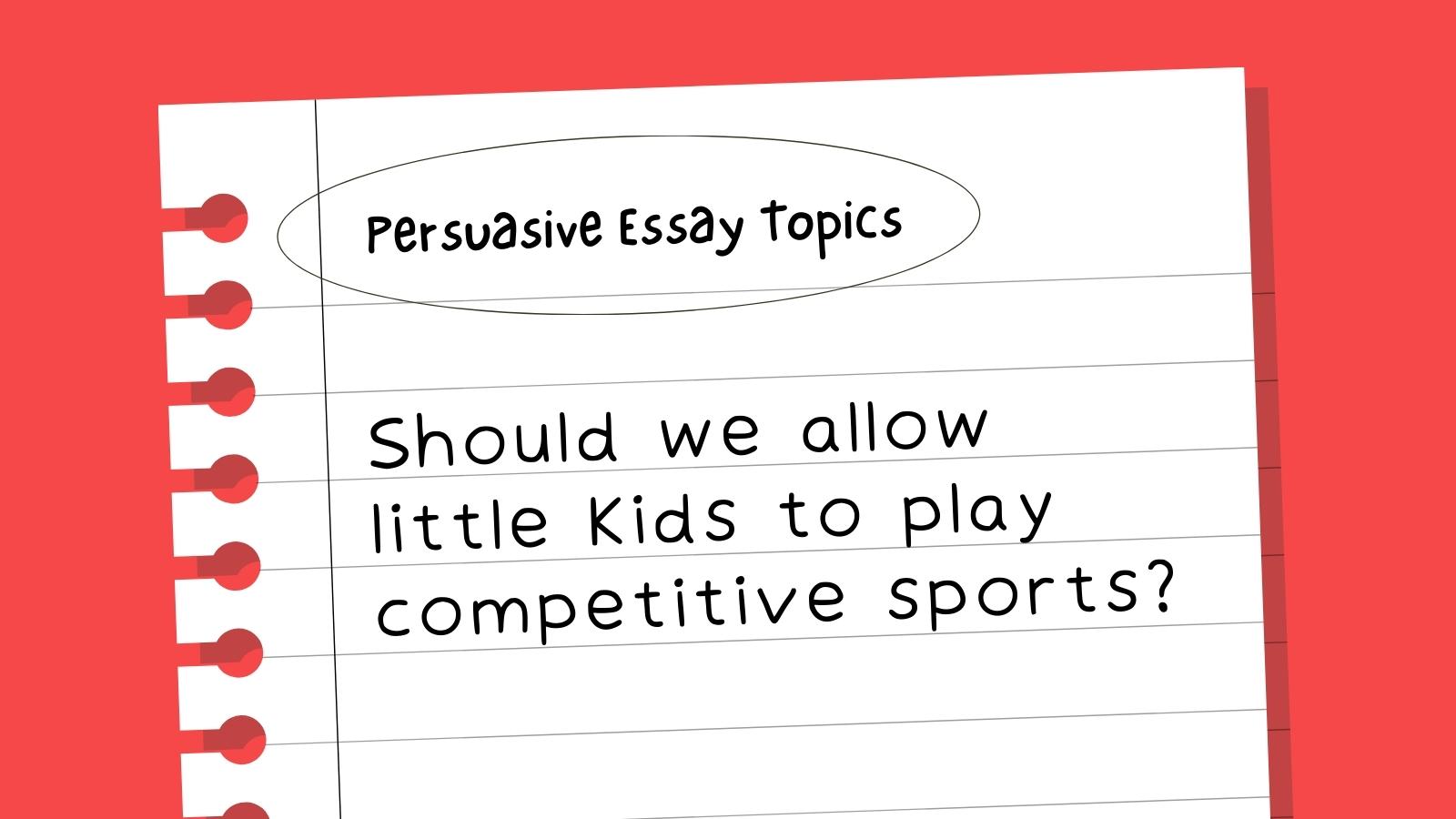
Persuasive writing is one of those skills that can help students succeed in real life. Persuasive essays are similar to argumentative , but they rely less on facts and more on emotion to sway the reader. It’s important to know your audience so you can anticipate any counterarguments they might make and try to overcome them. Try reading some mentor texts to show kids great examples of opinion writing. Then use these persuasive essay topics for practice.
School and Education Persuasive Essay Topics
Life and ethics persuasive essay topics, science and technology persuasive essay topics, sports and entertainment persuasive essay topics, just for fun persuasive essay topics.
- Do you think homework should be required, optional, or not given at all?

- Students should/should not be able to use their phones during the school day.
- Should schools have dress codes?
- If I could change one school rule, it would be …
- Is year-round school a good idea?
- Should we stop giving final exams?
- Is it better to be good at academics or good at sports?
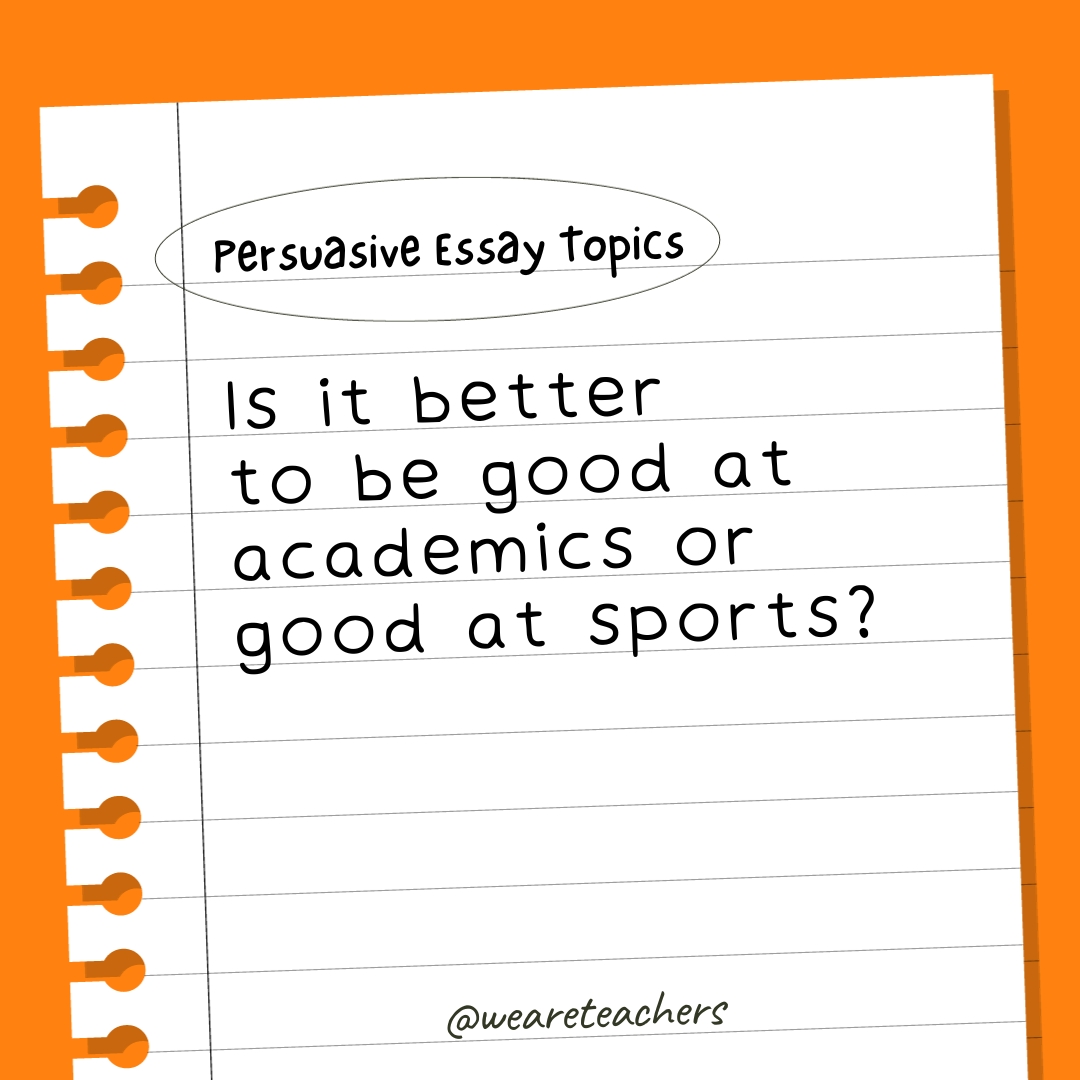
- Which is better, private schools or public schools?
- Should every student have to participate in athletics?
- Do you think schools should ban junk food from their cafeterias?
- Should students be required to volunteer in their communities?
- What is the most important school subject?
- Are letter grades helpful, or should we replace them with something else?
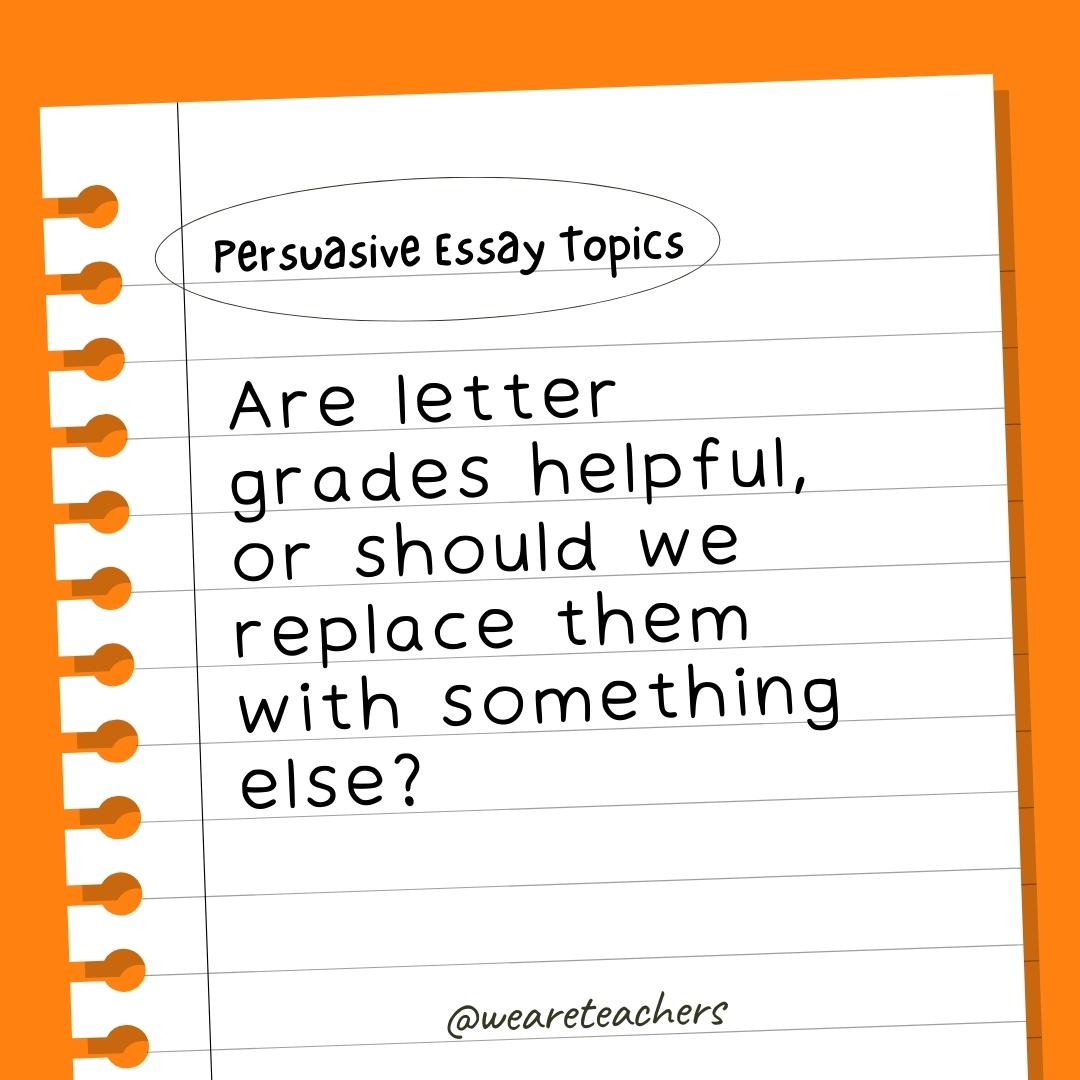
- Is it ever OK to cheat on homework or a test?
- Should students get to grade their teachers?
- Do you think college should be free for anyone who wants to attend?
- Should schools be allowed to ban some books from their libraries?
- Which is better, book smarts or street smarts?
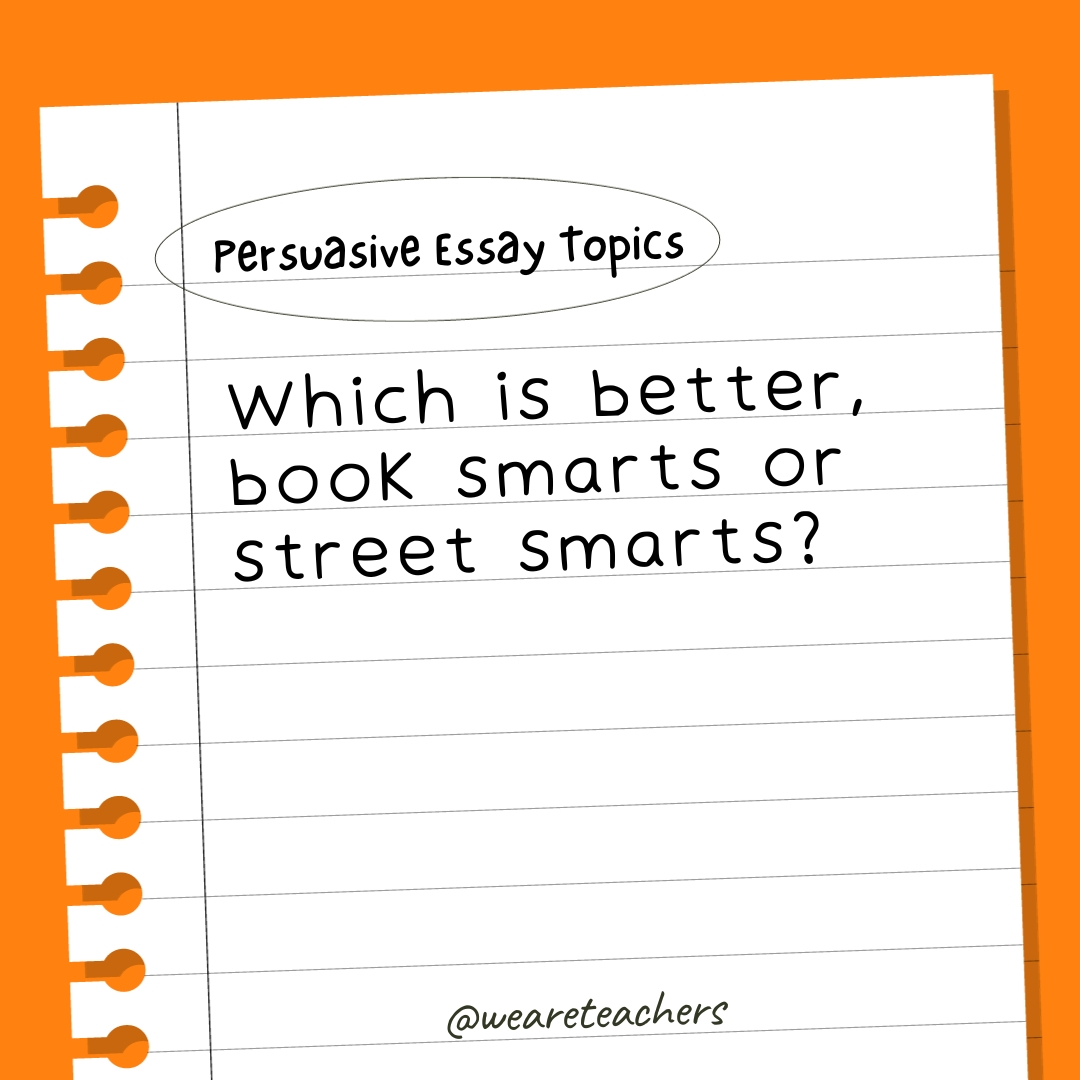
- Should all students have to learn a foreign language?
- Are single-gender schools better or worse for students?
- Is it OK to eat animals?
- What animal makes the best pet?
- Visit an animal shelter, choose an animal that needs a home, and write an essay persuading someone to adopt that animal.
- If you find money on the ground, should you try to find the person who lost it, or is it yours to keep?
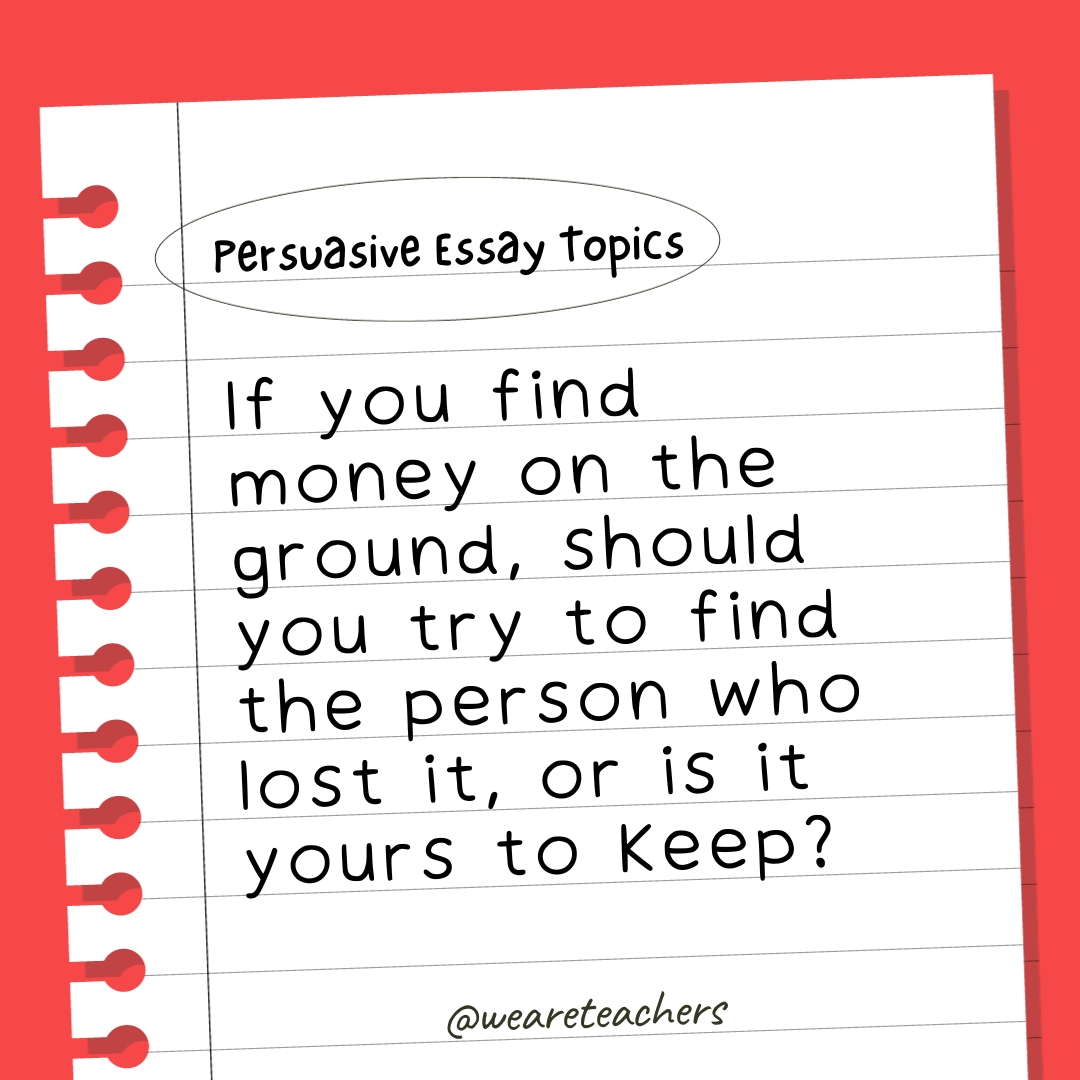
- Who faces more peer pressure, girls or boys?
- Should all Americans be required to vote?
- Is it better to be kind or truthful?
- Which is better, giving or receiving?
- Is it OK to keep animals in zoos?
- Should we change the minimum driving age in the United States?
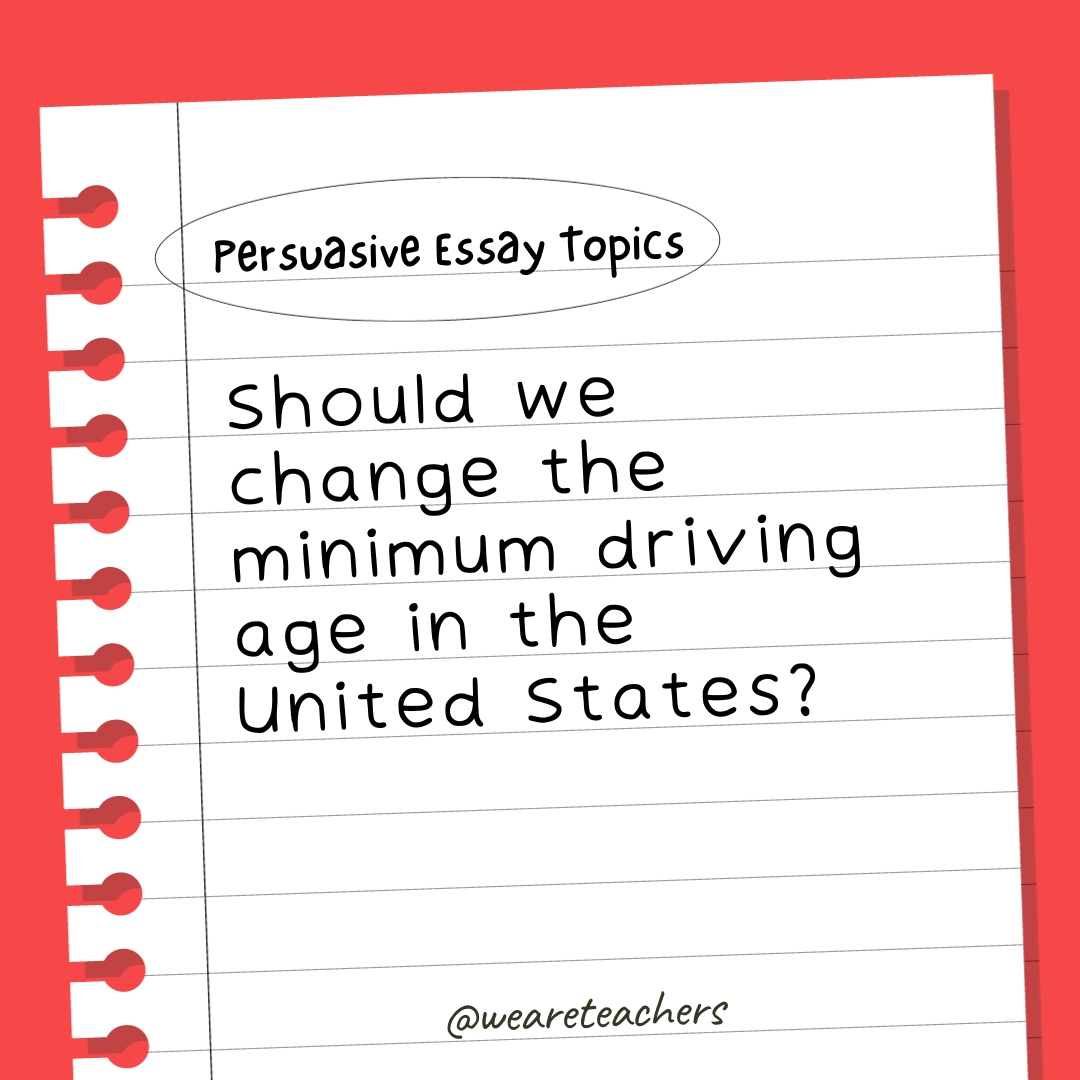
- Which is more important, happiness or success?
- Is democracy the best form of government?
- Is social media helpful or harmful?
- Should parents be punished for their children’s mistakes or crimes?
- Should kids have set bedtimes or just go to bed when they’re sleepy?
- Do you think the government should find a way to provide free health care for everyone?
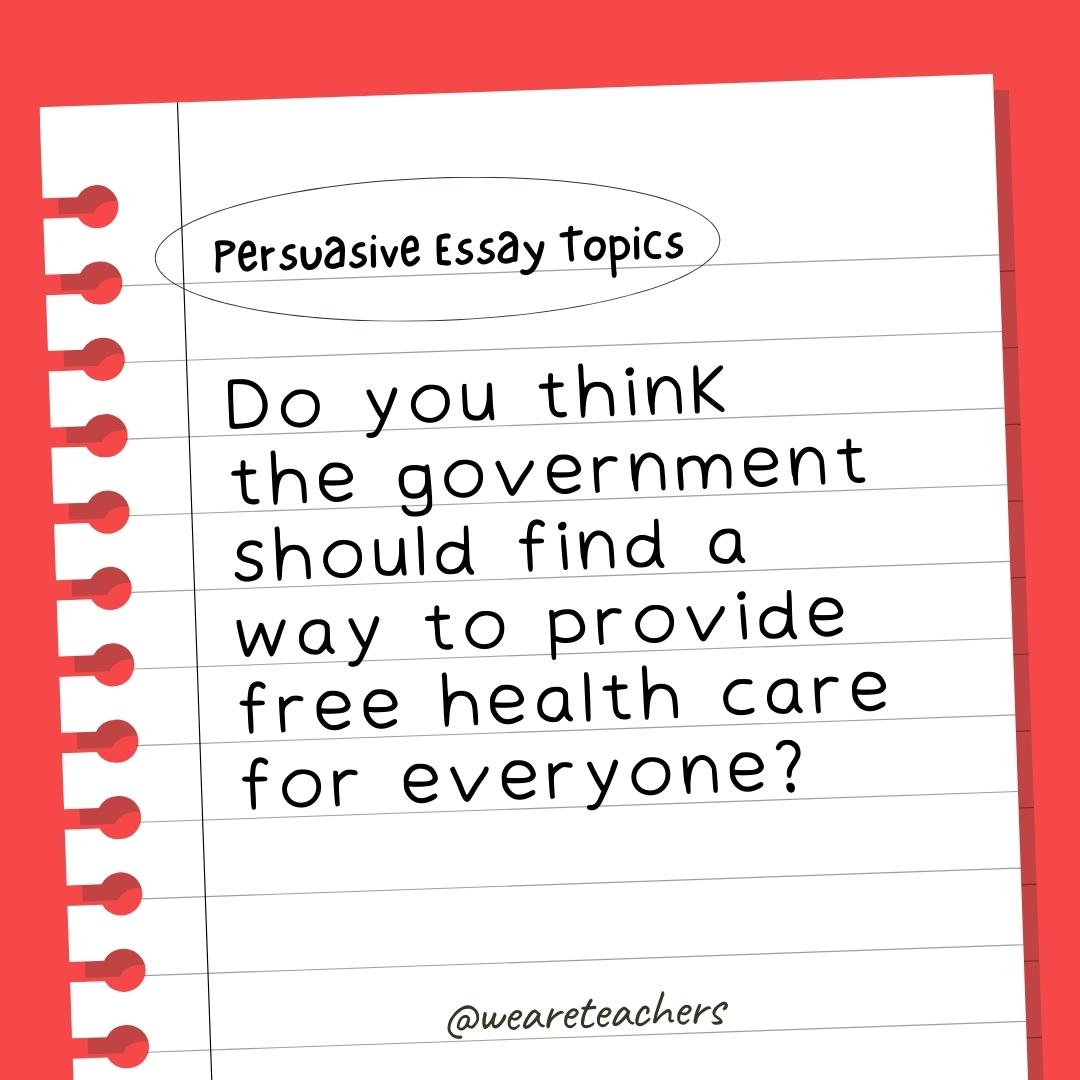
- Is it better to save your allowance or spend it?
- Should we ban plastic bags and bottles?
- Which is better, living in the city or in the country?
- If I could make a new law, it would be …
- Is Pluto a planet?
- Should human cloning be legal?
- Should vaccines be mandatory?
- Is it right for countries to still maintain nuclear weapon arsenals?
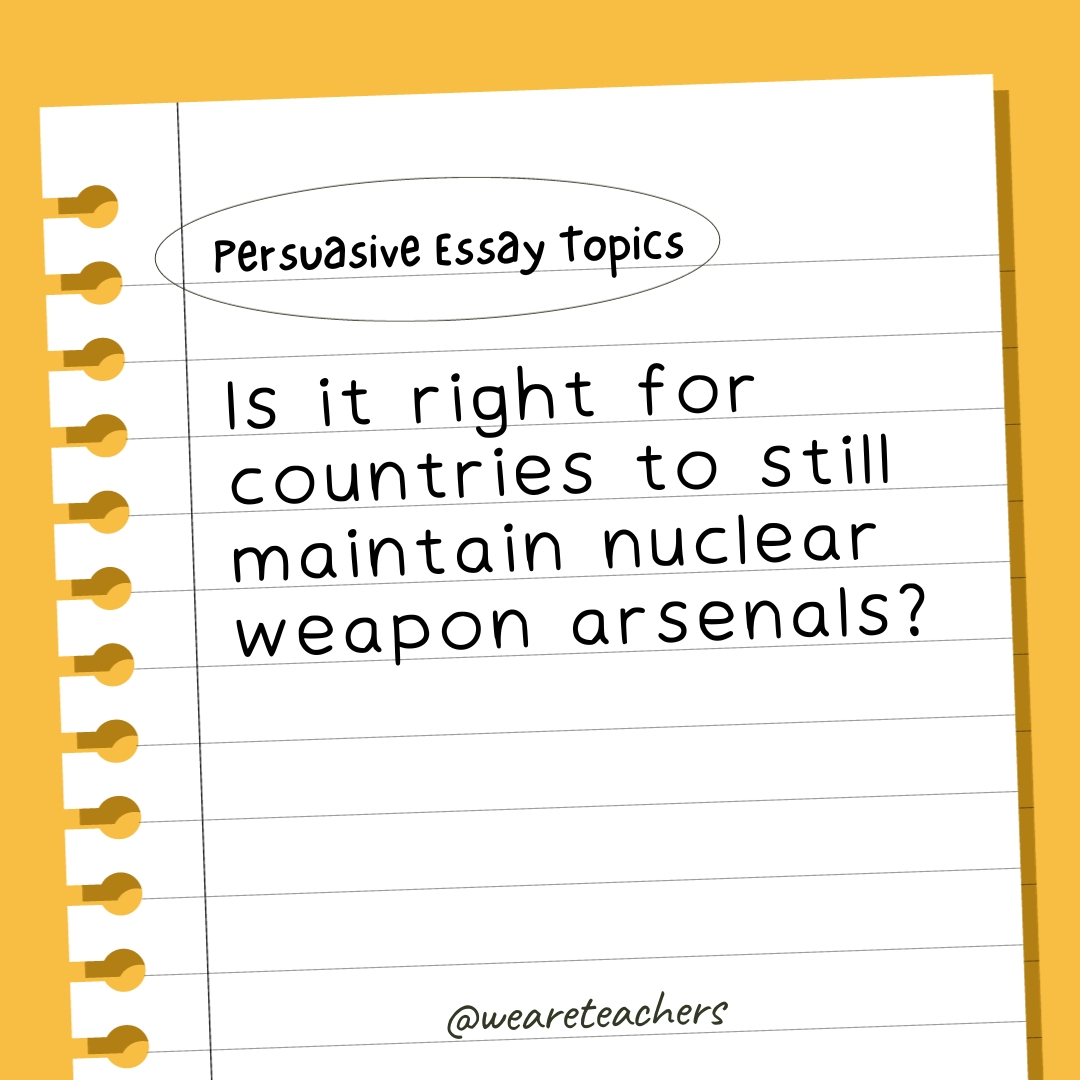
- Should testing on animals be made illegal?
- Will expanded use of artificial intelligence be good for humanity?
- Should all people have free Internet access in their homes?
- Is there intelligent life on other planets?
- Does technology create more jobs than it eliminates?
- Should parents use their children’s cell phones to track where they are?
- Should scientists try to develop a way for people to live forever?
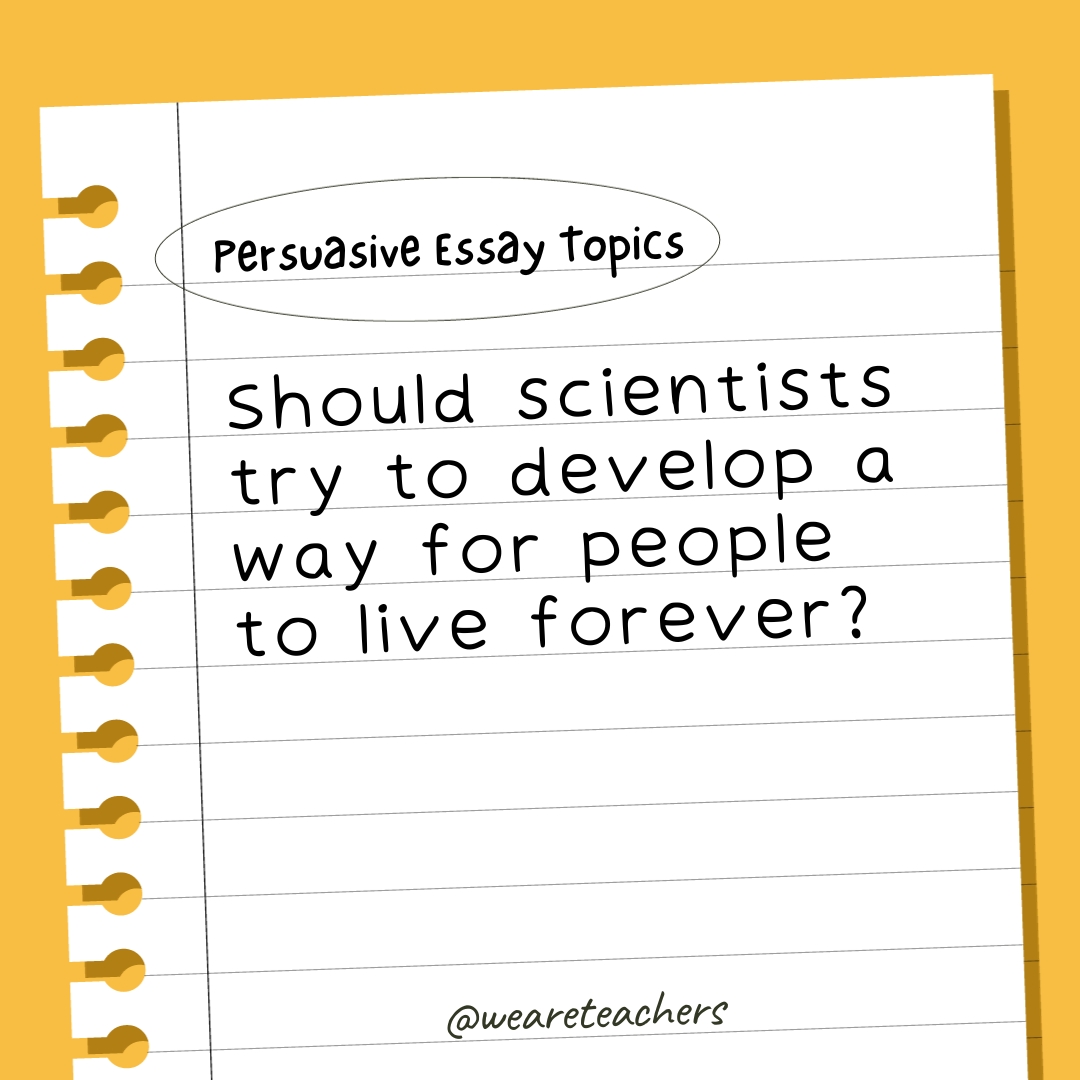
- What’s the best type of smartphone: Android or iPhone?
- Which is better, Macs or PCs?
- Do people rely too much on technology in the modern world?
- Should cryptocurrencies replace cash?
- Should there be a minimum age requirement to own a smartphone?
- Is it important to keep spending money on space exploration, or should we use the money for other things?

- Should kids under 13 be allowed to use social media sites?
- Should we ban cigarette smoking and vaping entirely?
- Is it better to be an animal that lives in the water or on land?
- Should kids be allowed to watch TV on school nights?
- Which is better, paper books or e-books?
- Is the current movie rating system (G, PG, PG-13, etc.) effective?
- Are video games better than board games?
- Should we allow little kids to play competitive sports?
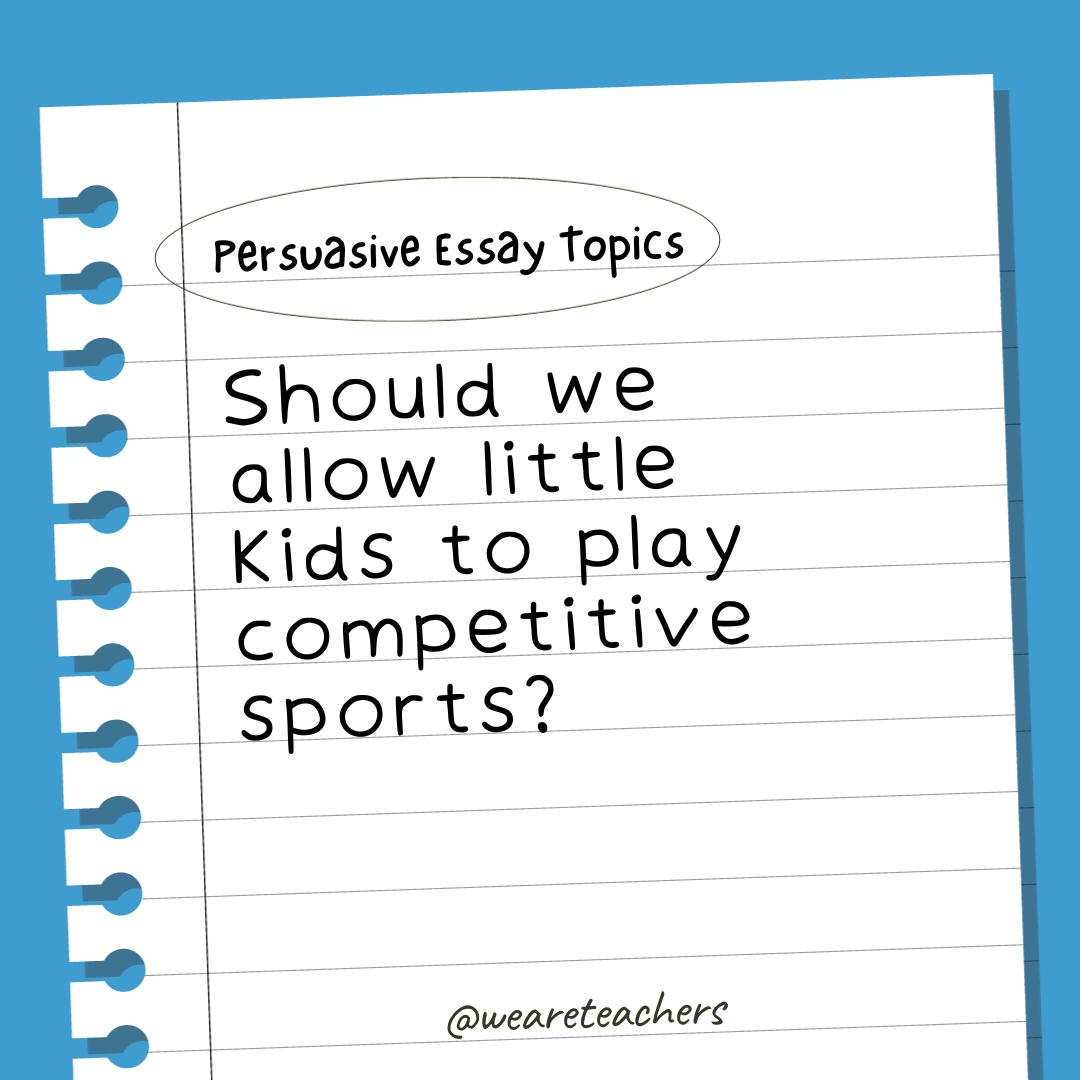
- Which is better, reading books or watching TV?
- Does playing violent video games make people more violent in real life?
- Are graphic novels just as valuable as traditional fictional books?
- Should everyone play on the same sports teams, regardless of gender?
- Choose a book that’s been made into a movie. Which was better, the movie or the book?

- Who is the world’s best athlete, present or past?
- Are professional athletes/musicians/actors overpaid?
- Which is better, fiction or nonfiction?
- The best music genre is …
- What is one book that everyone should read?
- What new sport should be added to the Olympics?
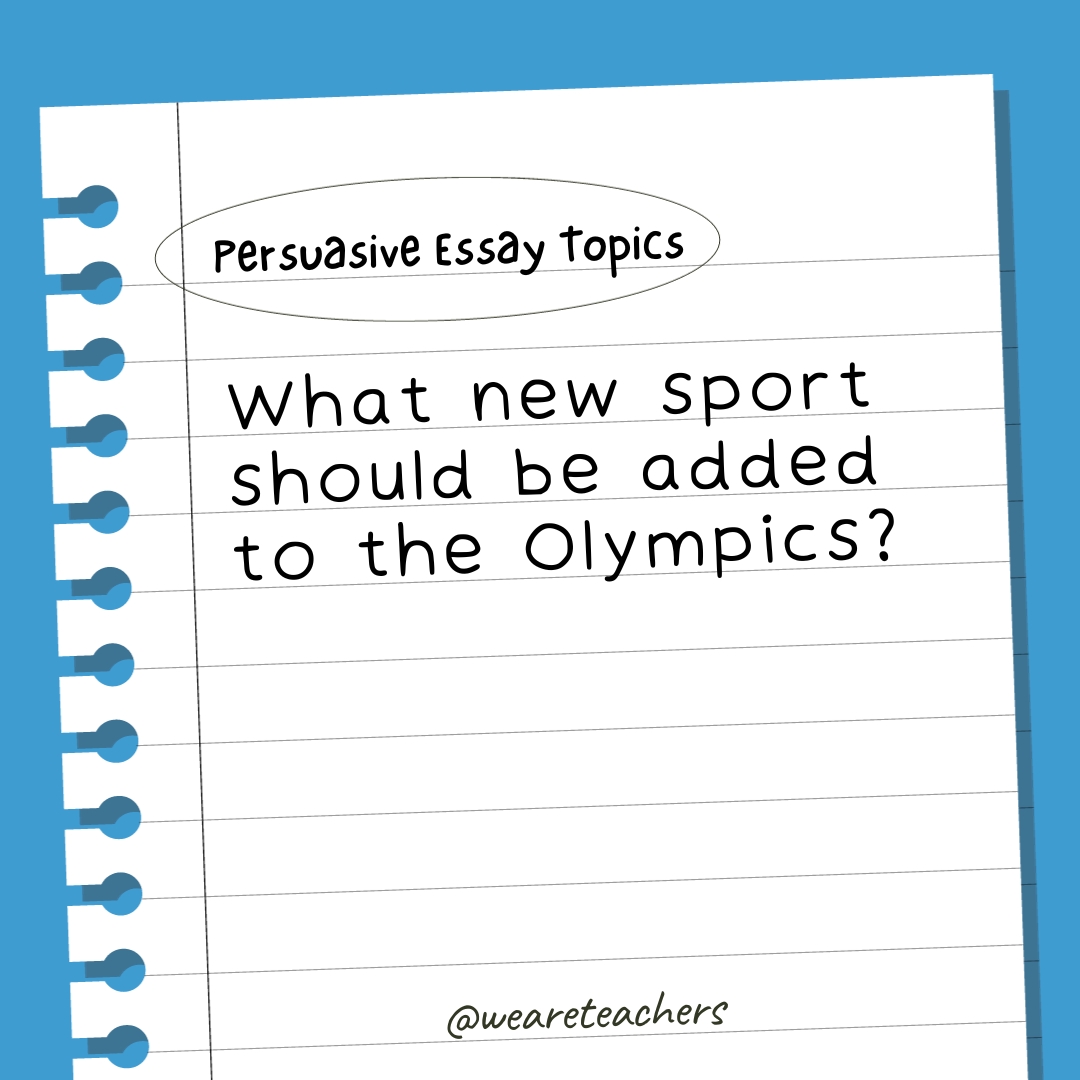
- What’s the best video game system?
- Does playing video games make you smarter?
- Does reality TV actually depict real life?
- Should all neighborhoods have free parks and playgrounds?
- What’s the best holiday?
- The very best food of all time is …
- Which is better, artificial Christmas trees or real ones?
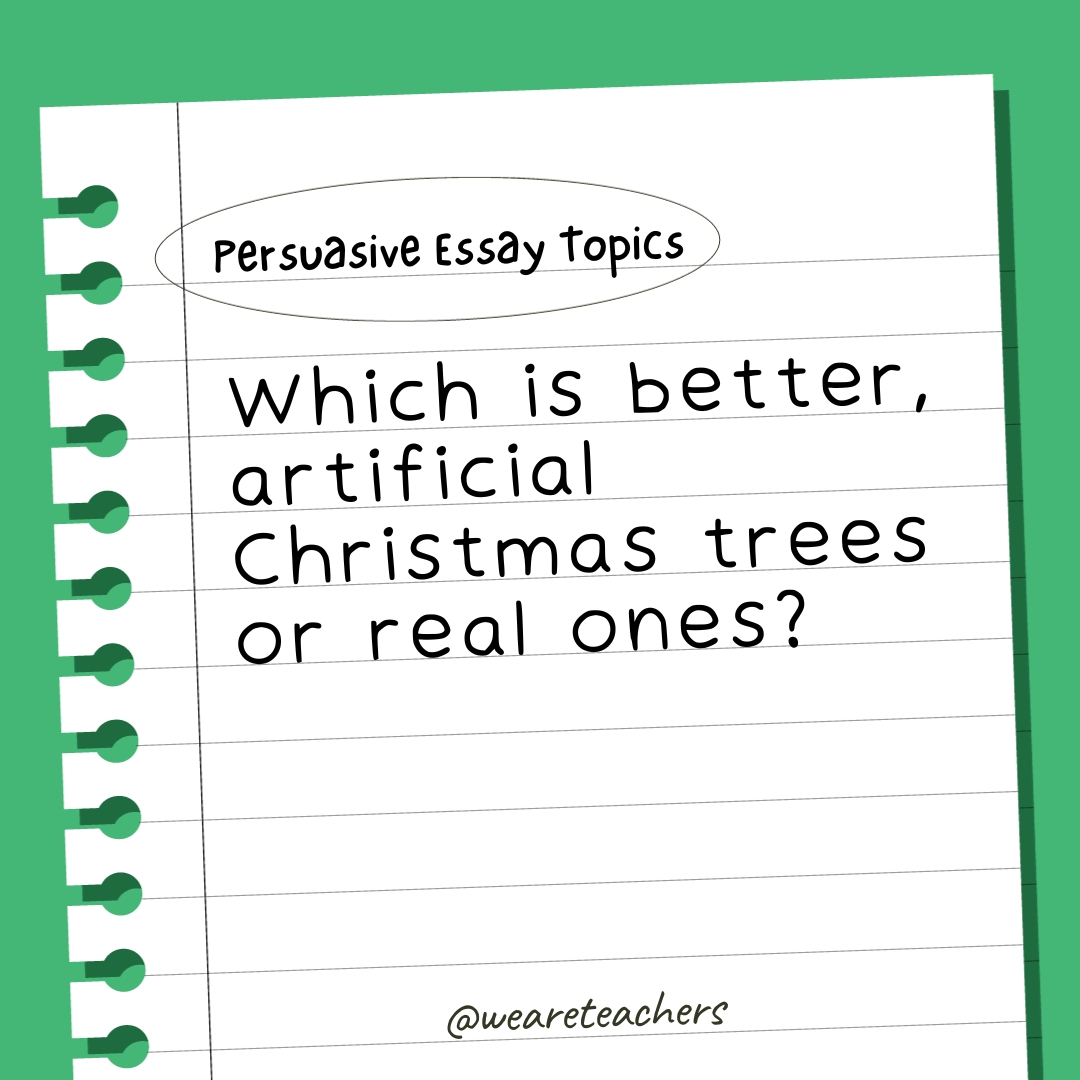
- What’s the best season of the year?
- Should you put ketchup on a hot dog?
- Is a taco a sandwich?
- Does fruit count as dessert?
- Should people have to go to school or work on their birthday?
- Are clowns scary or funny?
- Which is more dangerous, werewolves or vampires?
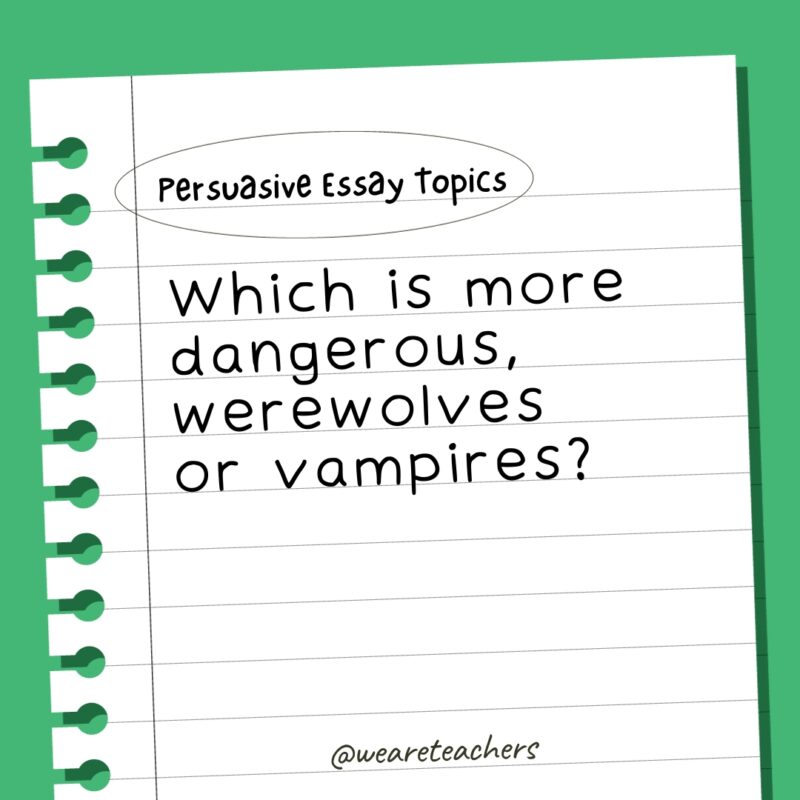
- The best pizza topping is …
- What would be the best superpower to have?
- Should everyone make their bed every day?
- Which came first, the chicken or the egg?
- Should you put pineapple on a pizza?
- Should you eat macaroni and cheese with a spoon or a fork?
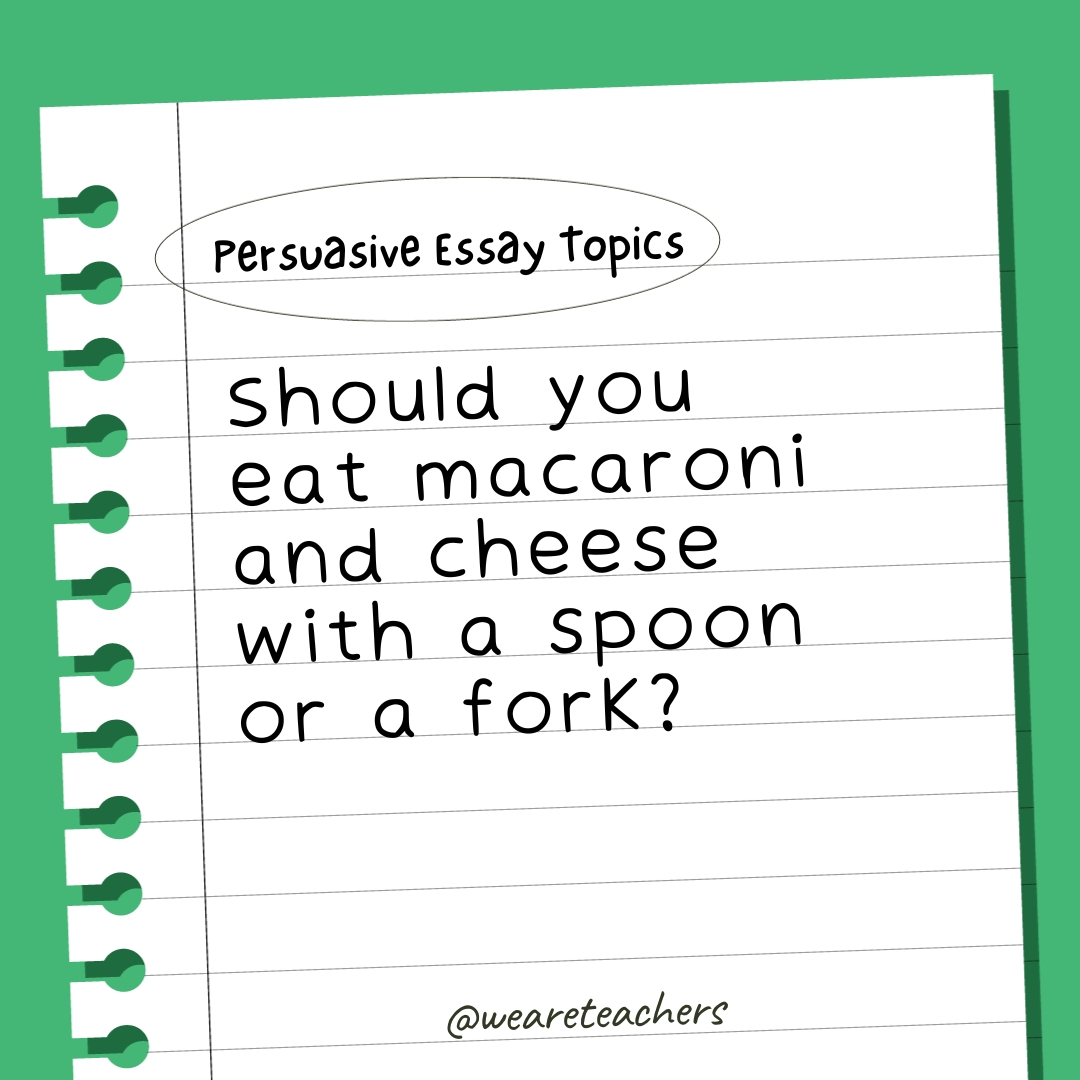
- Describe the world’s best ice cream sundae.
- Is Monday the worst day of the week?
- Would you rather travel back in time or forward in time?
- Is it better to be too hot or too cold?
- Are there aliens living among us here on Earth?
What are your favorite persuasive essay topics for students? Come exchange ideas in the We Are Teachers HELPLINE group on Facebook .
Plus, check out the big list of essay topics for high school (120+ ideas) ..
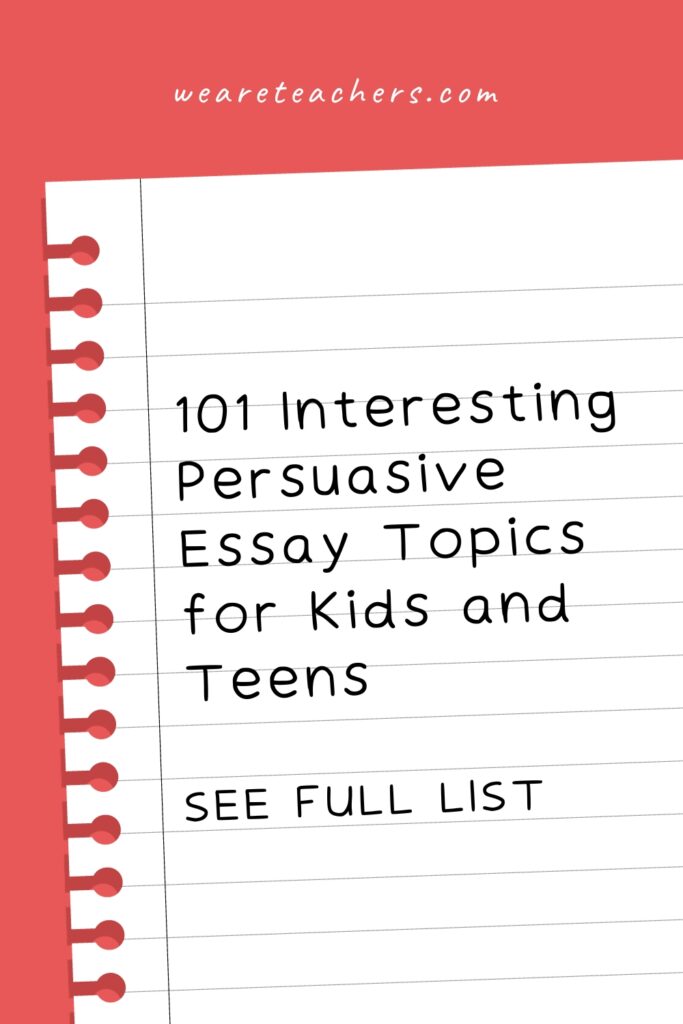
You Might Also Like

The Big List of Essay Topics for High School (120+ Ideas!)
Ideas to inspire every young writer! Continue Reading
Copyright © 2023. All rights reserved. 5335 Gate Parkway, Jacksonville, FL 32256
Jump to navigation
- Inside Writing
- Teacher's Guides
Student Models
- Writing Topics
- Minilessons
- Shopping Cart
- Inside Grammar
- Grammar Adventures
- CCSS Correlations
- Infographics
Student Writing Models
How do I use student models in my classroom?

When you need an example written by a student, check out our vast collection of free student models. Scroll through the list, or search for a mode of writing such as “explanatory” or “persuasive.”
Jump to . . .
Explanatory writing.
- How Much I Know About Space Explanatory Paragraph
- My Favorite Pet Explanatory Paragraph
- Sweet Spring Explanatory Paragraph
Narrative Writing
- A Happy Day Narrative Paragraph
- My Trip to Mexico Narrative Paragraph
Creative Writing
- Happy Easter Story Paragraph
- Leaf Person Story
Research Writing
- Parrots Report
- If I Were President Explanatory Paragraph
- My Dad Personal Narrative
- The Horrible Day Personal Narrative
Response to Literature
- One Great Book Book Review
- A Fable Story
- Ant Poem Poem
- The Missing Coin Story
- Winter Words Poem
- Horses Report
- Ladybugs Report
- How to Make Boiled Eggs How-To
Persuasive Writing
- Plastic, Paper, or Cloth? Persuasive Paragraph
- The Funny Dance Personal Narrative
- The Sled Run Personal Narrative
- Hello, Spring! Poem
- Cheetahs Report
Business Writing
- Dear Ms. Nathan Email
- My Favorite Place to Go Description
- My Mother Personal Essay
- Rules Personal Essay
- Shadow Fort Description
- Adopting a Pet from the Pound Editorial
- Letter to the Editor Letter to the Editor
- Ann Personal Narrative
- Grandpa, Chaz, and Me Personal Narrative
- Indy’s Life Story Personal Narrative
- Jet Bikes Personal Narrative
- The Day I Took the Spotlight Personal Narrative
- A Story of Survival Book Review
- Chloe’s Day Story
- Did You Ever Look At . . . Poem
- Dreams Poem
- I Am Attean Poem
- Sloppy Joes Poem
- The Civil War Poem
- The Haunted House Story
- The Terror of Kansas Story
- When I Was Upside Down Poem
- Deer Don’t Need to Flee to Stay Trouble-Free! Report
- Height-Challenged German Shepherd Report
- Friendship Definition
- What Really Matters News Feature
- Cheating in America Problem-Solution
- Hang Up and Drive Editorial
- Musical Arts Editorial
- Summer: 15 Days or 2 1/2 Months? Editorial
- A Cowboy's Journal Fictionalized Journal Entry
- Giving Life Personal Narrative
- The Great Paw Paw Personal Narrative
- The Racist Warehouse Personal Narrative
- Limadastrin Poem
- The Best Little Girl in the World Book Review
- How the Stars Came to Be Story
- Linden’s Library Story
- My Backyard Poem
- The Call Poem
- I Am Latvia Research Report
- Mir Pushed the Frontier of Space Research Report
- The Aloha State Research Report
- The Incredible Egg Observation Report
- Unique Wolves Research Report
- Dear Dr. Larson Email
Personal Writing
- A Lesson to Learn Journal
- Caught in the Net Definition
- From Bed Bound to Breaking Boards News Feature
- If Only They Knew Comparison-Contrast
- Save the Elephants Cause-Effect
- Student Entrepreneur Reaches for Dreams of the Sky News Feature
- Internet Plagiarism Problem-Solution
- Mosquito Madness Pet Peeve
- Anticipating the Dream Personal Narrative
- Huddling Together Personal Narrative
- H’s Hickory Chips Personal Narrative
- It’s a Boy! Personal Narrative
- My Greatest Instrument Personal Narrative
- Snapshots Personal Narrative
- Take Me to Casablanca Personal Narrative
- The Boy with Chris Pine Blue Eyes Personal Narrative
- The Climb Personal Narrative
- The House on Medford Avenue Personal Narrative
- Adam’s Train of Ghosts Music Review
- Diary of Gaspard Fictionalized Journal Entry
- My Interpretation of The Joy Luck Club Literary Analysis
- Mama’s Stitches Poem
- The KHS Press Play
- Rosa Parks Research Report
- The Killer Bean Research Report
- Mid-Project Report on History Paper Email
- Vegetarian Lunch Options at Bay High Email
Have a language expert improve your writing
Run a free plagiarism check in 10 minutes, generate accurate citations for free.
- Knowledge Base
- The four main types of essay | Quick guide with examples
The Four Main Types of Essay | Quick Guide with Examples
Published on September 4, 2020 by Jack Caulfield . Revised on July 23, 2023.
An essay is a focused piece of writing designed to inform or persuade. There are many different types of essay, but they are often defined in four categories: argumentative, expository, narrative, and descriptive essays.
Argumentative and expository essays are focused on conveying information and making clear points, while narrative and descriptive essays are about exercising creativity and writing in an interesting way. At university level, argumentative essays are the most common type.
In high school and college, you will also often have to write textual analysis essays, which test your skills in close reading and interpretation.
Instantly correct all language mistakes in your text
Upload your document to correct all your mistakes in minutes

Table of contents
Argumentative essays, expository essays, narrative essays, descriptive essays, textual analysis essays, other interesting articles, frequently asked questions about types of essays.
An argumentative essay presents an extended, evidence-based argument. It requires a strong thesis statement —a clearly defined stance on your topic. Your aim is to convince the reader of your thesis using evidence (such as quotations ) and analysis.
Argumentative essays test your ability to research and present your own position on a topic. This is the most common type of essay at college level—most papers you write will involve some kind of argumentation.
The essay is divided into an introduction, body, and conclusion:
- The introduction provides your topic and thesis statement
- The body presents your evidence and arguments
- The conclusion summarizes your argument and emphasizes its importance
The example below is a paragraph from the body of an argumentative essay about the effects of the internet on education. Mouse over it to learn more.
A common frustration for teachers is students’ use of Wikipedia as a source in their writing. Its prevalence among students is not exaggerated; a survey found that the vast majority of the students surveyed used Wikipedia (Head & Eisenberg, 2010). An article in The Guardian stresses a common objection to its use: “a reliance on Wikipedia can discourage students from engaging with genuine academic writing” (Coomer, 2013). Teachers are clearly not mistaken in viewing Wikipedia usage as ubiquitous among their students; but the claim that it discourages engagement with academic sources requires further investigation. This point is treated as self-evident by many teachers, but Wikipedia itself explicitly encourages students to look into other sources. Its articles often provide references to academic publications and include warning notes where citations are missing; the site’s own guidelines for research make clear that it should be used as a starting point, emphasizing that users should always “read the references and check whether they really do support what the article says” (“Wikipedia:Researching with Wikipedia,” 2020). Indeed, for many students, Wikipedia is their first encounter with the concepts of citation and referencing. The use of Wikipedia therefore has a positive side that merits deeper consideration than it often receives.
Prevent plagiarism. Run a free check.
An expository essay provides a clear, focused explanation of a topic. It doesn’t require an original argument, just a balanced and well-organized view of the topic.
Expository essays test your familiarity with a topic and your ability to organize and convey information. They are commonly assigned at high school or in exam questions at college level.
The introduction of an expository essay states your topic and provides some general background, the body presents the details, and the conclusion summarizes the information presented.
A typical body paragraph from an expository essay about the invention of the printing press is shown below. Mouse over it to learn more.
The invention of the printing press in 1440 changed this situation dramatically. Johannes Gutenberg, who had worked as a goldsmith, used his knowledge of metals in the design of the press. He made his type from an alloy of lead, tin, and antimony, whose durability allowed for the reliable production of high-quality books. This new technology allowed texts to be reproduced and disseminated on a much larger scale than was previously possible. The Gutenberg Bible appeared in the 1450s, and a large number of printing presses sprang up across the continent in the following decades. Gutenberg’s invention rapidly transformed cultural production in Europe; among other things, it would lead to the Protestant Reformation.
A narrative essay is one that tells a story. This is usually a story about a personal experience you had, but it may also be an imaginative exploration of something you have not experienced.
Narrative essays test your ability to build up a narrative in an engaging, well-structured way. They are much more personal and creative than other kinds of academic writing . Writing a personal statement for an application requires the same skills as a narrative essay.
A narrative essay isn’t strictly divided into introduction, body, and conclusion, but it should still begin by setting up the narrative and finish by expressing the point of the story—what you learned from your experience, or why it made an impression on you.
Mouse over the example below, a short narrative essay responding to the prompt “Write about an experience where you learned something about yourself,” to explore its structure.
Since elementary school, I have always favored subjects like science and math over the humanities. My instinct was always to think of these subjects as more solid and serious than classes like English. If there was no right answer, I thought, why bother? But recently I had an experience that taught me my academic interests are more flexible than I had thought: I took my first philosophy class.
Before I entered the classroom, I was skeptical. I waited outside with the other students and wondered what exactly philosophy would involve—I really had no idea. I imagined something pretty abstract: long, stilted conversations pondering the meaning of life. But what I got was something quite different.
A young man in jeans, Mr. Jones—“but you can call me Rob”—was far from the white-haired, buttoned-up old man I had half-expected. And rather than pulling us into pedantic arguments about obscure philosophical points, Rob engaged us on our level. To talk free will, we looked at our own choices. To talk ethics, we looked at dilemmas we had faced ourselves. By the end of class, I’d discovered that questions with no right answer can turn out to be the most interesting ones.
The experience has taught me to look at things a little more “philosophically”—and not just because it was a philosophy class! I learned that if I let go of my preconceptions, I can actually get a lot out of subjects I was previously dismissive of. The class taught me—in more ways than one—to look at things with an open mind.
A descriptive essay provides a detailed sensory description of something. Like narrative essays, they allow you to be more creative than most academic writing, but they are more tightly focused than narrative essays. You might describe a specific place or object, rather than telling a whole story.
Descriptive essays test your ability to use language creatively, making striking word choices to convey a memorable picture of what you’re describing.
A descriptive essay can be quite loosely structured, though it should usually begin by introducing the object of your description and end by drawing an overall picture of it. The important thing is to use careful word choices and figurative language to create an original description of your object.
Mouse over the example below, a response to the prompt “Describe a place you love to spend time in,” to learn more about descriptive essays.
On Sunday afternoons I like to spend my time in the garden behind my house. The garden is narrow but long, a corridor of green extending from the back of the house, and I sit on a lawn chair at the far end to read and relax. I am in my small peaceful paradise: the shade of the tree, the feel of the grass on my feet, the gentle activity of the fish in the pond beside me.
My cat crosses the garden nimbly and leaps onto the fence to survey it from above. From his perch he can watch over his little kingdom and keep an eye on the neighbours. He does this until the barking of next door’s dog scares him from his post and he bolts for the cat flap to govern from the safety of the kitchen.
With that, I am left alone with the fish, whose whole world is the pond by my feet. The fish explore the pond every day as if for the first time, prodding and inspecting every stone. I sometimes feel the same about sitting here in the garden; I know the place better than anyone, but whenever I return I still feel compelled to pay attention to all its details and novelties—a new bird perched in the tree, the growth of the grass, and the movement of the insects it shelters…
Sitting out in the garden, I feel serene. I feel at home. And yet I always feel there is more to discover. The bounds of my garden may be small, but there is a whole world contained within it, and it is one I will never get tired of inhabiting.
Though every essay type tests your writing skills, some essays also test your ability to read carefully and critically. In a textual analysis essay, you don’t just present information on a topic, but closely analyze a text to explain how it achieves certain effects.
Rhetorical analysis
A rhetorical analysis looks at a persuasive text (e.g. a speech, an essay, a political cartoon) in terms of the rhetorical devices it uses, and evaluates their effectiveness.
The goal is not to state whether you agree with the author’s argument but to look at how they have constructed it.
The introduction of a rhetorical analysis presents the text, some background information, and your thesis statement; the body comprises the analysis itself; and the conclusion wraps up your analysis of the text, emphasizing its relevance to broader concerns.
The example below is from a rhetorical analysis of Martin Luther King Jr.’s “I Have a Dream” speech . Mouse over it to learn more.
King’s speech is infused with prophetic language throughout. Even before the famous “dream” part of the speech, King’s language consistently strikes a prophetic tone. He refers to the Lincoln Memorial as a “hallowed spot” and speaks of rising “from the dark and desolate valley of segregation” to “make justice a reality for all of God’s children.” The assumption of this prophetic voice constitutes the text’s strongest ethical appeal; after linking himself with political figures like Lincoln and the Founding Fathers, King’s ethos adopts a distinctly religious tone, recalling Biblical prophets and preachers of change from across history. This adds significant force to his words; standing before an audience of hundreds of thousands, he states not just what the future should be, but what it will be: “The whirlwinds of revolt will continue to shake the foundations of our nation until the bright day of justice emerges.” This warning is almost apocalyptic in tone, though it concludes with the positive image of the “bright day of justice.” The power of King’s rhetoric thus stems not only from the pathos of his vision of a brighter future, but from the ethos of the prophetic voice he adopts in expressing this vision.
Literary analysis
A literary analysis essay presents a close reading of a work of literature—e.g. a poem or novel—to explore the choices made by the author and how they help to convey the text’s theme. It is not simply a book report or a review, but an in-depth interpretation of the text.
Literary analysis looks at things like setting, characters, themes, and figurative language. The goal is to closely analyze what the author conveys and how.
The introduction of a literary analysis essay presents the text and background, and provides your thesis statement; the body consists of close readings of the text with quotations and analysis in support of your argument; and the conclusion emphasizes what your approach tells us about the text.
Mouse over the example below, the introduction to a literary analysis essay on Frankenstein , to learn more.
Mary Shelley’s Frankenstein is often read as a crude cautionary tale about the dangers of scientific advancement unrestrained by ethical considerations. In this reading, protagonist Victor Frankenstein is a stable representation of the callous ambition of modern science throughout the novel. This essay, however, argues that far from providing a stable image of the character, Shelley uses shifting narrative perspectives to portray Frankenstein in an increasingly negative light as the novel goes on. While he initially appears to be a naive but sympathetic idealist, after the creature’s narrative Frankenstein begins to resemble—even in his own telling—the thoughtlessly cruel figure the creature represents him as. This essay begins by exploring the positive portrayal of Frankenstein in the first volume, then moves on to the creature’s perception of him, and finally discusses the third volume’s narrative shift toward viewing Frankenstein as the creature views him.
If you want to know more about AI tools , college essays , or fallacies make sure to check out some of our other articles with explanations and examples or go directly to our tools!
- Ad hominem fallacy
- Post hoc fallacy
- Appeal to authority fallacy
- False cause fallacy
- Sunk cost fallacy
College essays
- Choosing Essay Topic
- Write a College Essay
- Write a Diversity Essay
- College Essay Format & Structure
- Comparing and Contrasting in an Essay
(AI) Tools
- Grammar Checker
- Paraphrasing Tool
- Text Summarizer
- AI Detector
- Plagiarism Checker
- Citation Generator
At high school and in composition classes at university, you’ll often be told to write a specific type of essay , but you might also just be given prompts.
Look for keywords in these prompts that suggest a certain approach: The word “explain” suggests you should write an expository essay , while the word “describe” implies a descriptive essay . An argumentative essay might be prompted with the word “assess” or “argue.”
The vast majority of essays written at university are some sort of argumentative essay . Almost all academic writing involves building up an argument, though other types of essay might be assigned in composition classes.
Essays can present arguments about all kinds of different topics. For example:
- In a literary analysis essay, you might make an argument for a specific interpretation of a text
- In a history essay, you might present an argument for the importance of a particular event
- In a politics essay, you might argue for the validity of a certain political theory
An argumentative essay tends to be a longer essay involving independent research, and aims to make an original argument about a topic. Its thesis statement makes a contentious claim that must be supported in an objective, evidence-based way.
An expository essay also aims to be objective, but it doesn’t have to make an original argument. Rather, it aims to explain something (e.g., a process or idea) in a clear, concise way. Expository essays are often shorter assignments and rely less on research.
The key difference is that a narrative essay is designed to tell a complete story, while a descriptive essay is meant to convey an intense description of a particular place, object, or concept.
Narrative and descriptive essays both allow you to write more personally and creatively than other kinds of essays , and similar writing skills can apply to both.
Cite this Scribbr article
If you want to cite this source, you can copy and paste the citation or click the “Cite this Scribbr article” button to automatically add the citation to our free Citation Generator.
Caulfield, J. (2023, July 23). The Four Main Types of Essay | Quick Guide with Examples. Scribbr. Retrieved April 10, 2024, from https://www.scribbr.com/academic-essay/essay-types/
Is this article helpful?

Jack Caulfield
Other students also liked, how to write an argumentative essay | examples & tips, how to write an expository essay, how to write an essay outline | guidelines & examples, unlimited academic ai-proofreading.
✔ Document error-free in 5minutes ✔ Unlimited document corrections ✔ Specialized in correcting academic texts
Essay Writing Topics for Children
A comprehensive list of simple essay writing topics and ideas for kids.
Essays are literary works written in prose, which present an argument or an opinion. Essay writing is a way to express one’s opinion on a topic. It can be about anything, but essays for kids should relate to the topics they learn in class. English essay writing is the process of creating a literary piece that presents an idea, argument or point of view. Typically, this type of work takes time and effort to develop fully. Children must first understand the nature of the essay and plan their writing accordingly. Also, essay writing is a fulfilling task. Writing on a topic and producing a high-quality essay is not easy, but it is worth the effort. Help kids improve their writing and vocabulary by providing various essay topics in English.
Also, refer to the vocabulary worksheets .
List of 100+ Essay Writing Topics
Essays are an excellent way for kids to practise writing skills and learn about different topics. They can focus on a wide range of topics like the environment, animals and birds, technology, proverbs, etc. Essay writing helps children enhance their critical thinking abilities and express their opinions creatively. English essays also help them identify their strengths and weaknesses in the language. This helps them to improve themselves and overcome writing challenges. Below is a list of essay writing topics for kids, which are helpful in improving their language and writing skills.
Essay Topics on Nature and Environment
- Value of Trees Essay
- Planting Trees Essay
- Essay on Banyan Tree
- Apple Tree Essay
- Save Environment Essay
- Trees Our Best Friend Essay
- Causes of Environmental Pollution Essay
- Environmental Pollution Essay
- Population Explosion Essay
Essay Topics on Animals and Birds
- Essay on Dog
- Essay on Elephant
Essay Topics on Technology
- Essay on Mobile Phone
- Social Media Essay
Essay Topics on Proverbs
- A Stitch in Time Saves Nine Essay
- Don’t Judge a Book by Its Cover Essay
Essay Topics on Yourself
- School Life Essay
How to Write an Essay?
Little ones might find essay writing quite a challenging task. However, to write a good English essay, one has to spend time researching. Here are some simple steps on how to write good essays for kids.
- Start with a brainstorm of ideas.
- The following step would be to learn how the different parts of the essay should be structured.
- Next, collect notes and other writing materials to outline the main points.
- Then, create a rough draft related to what you want to convey in the paragraphs.
- Edit it by removing unnecessary words and phrases.
- Finally, read it over for any potential inconsistencies and rectify them, if you find any.
Frequently Asked Questions on Essay
What is an essay.
Essays are literary works written in prose, which present an argument or an opinion. Essay writing is a way to express one’s opinion on a topic. It can be about anything.
How to write an essay?
Start with a brainstorming of ideas. Learn how the different parts of the essay should be structured. Next, collect the notes and other writing materials to outline the main points. Then, create a rough draft by writing out what you want to say in the paragraphs. Edit it by taking out unnecessary words and phrases. Read it over for any potential inconsistencies before turning in your piece.
What are some nature and environment essay topics for kids?
Nature and environment essay topics for kids include essays on a tree for Class 1, the save environment essay, the causes of environmental pollution essay, the population explosion essay, etc.
Leave a Comment Cancel reply
Your Mobile number and Email id will not be published. Required fields are marked *
Request OTP on Voice Call
Post My Comment
- Share Share
Register with BYJU'S & Download Free PDFs
Register with byju's & watch live videos.

Free Resources
Get your free composition writing resources here.

Top Model Compositions (latest edition)
Here are the Top 10 Model Compositions written by our students. You are going to be blown away by the stories and writing in this ebook!
- Common Test / Exam Compo Topics
- Strong Intros
- Descriptive Scenes
- Impactful Endings
- Powerful Vocabulary

Top 10 Model Compositions (2019 edition)
This is our favourite compilation so far! Here are the Top 10 Model Compositions (2019 edition) written by our students. Sit back and enjoy this creative, inspiring, funny, and clever stories!

88 Meaningful Proverbs to Wow Your Teachers!
Here are 88 Meaningful Proverbs that you can learn and apply immediately. Boost your language marks for compo writing and WOW your teacher!
- Simple & Easy-to-use
- Minimal Memory Work
- Examples provided
- Learn the meaning of these proverbs!


88 Awesome Idioms to Wow Your Teachers!
Here are 88 Awesome IDIOMS that you can learn and apply immediately. Boost your language marks for compo writing and WOW your teacher!
- Learn the meaning of these idioms!

88 Awesome Chinese Phrases Wow Your Teachers!
Here are 88 Awesome Chinese Phrases that you can learn and apply immediately. Boost your language marks for compo writing and WOW your teacher!
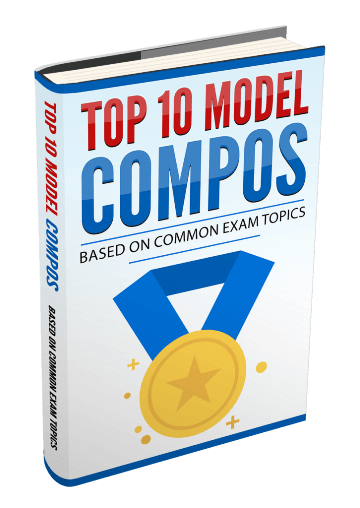
Top 10 Model Compositions (2018 edition)
Only the best of the best! Check out the Top 10 Model Compositions (2018 edition) written by our students. You will be awestruck by their skills!

Model Essays for Secondary School
Suitable for Secondary 1 to 5 students. Let your child learn how to tackle Personal Recount, Expository, and Hybrid type of essay questions. Read. Learn. Apply.
- Strong intros
- Meaningful and cohesive body paragraphs
- Powerful conclusions
- Effective vocabulary
- Strong imagery

Model Compositions for Primary School
More than 18,725 parents have downloaded this ebook for their children. A compilation of some of the best composition we’ve received.
- Learn how to write awesome compos without using bombastic words or phrases
- Common Test / Exam Topics
- Read, Learn, & Apply!
- Suitable for Primary 4 to Primary 6 students

80 Awesome Phrases to Wow your Teacher
80 Awesome Phrases that you can learn and apply immediately. Boost your language marks for compo writing and WOW your teacher!
- Different phrases for different emotions

Free Compo Writing Test Papers
Need some practice on common topics for your upcoming compo test? Download these free test papers now!
- Suitable for Primary 3 – Primary 6 students
- Pictures provided

Situational Writing Cheat Sheet
All the MUST KNOW exam-smart tips for Situational Writing is compiled in the cheat sheet!
- Greetings and Salutations
- Starting Phrases
- Signing Off
- Important Reminders

Synthesis and Transformation Cheat Sheet
All the MUST KNOW exam-smart tips for Synthesis and Transformation is compiled in the cheat sheet!
- Common Mistakes
- What to look out for
- Sentence Connectors
- Order of Clauses

9 Tips for PSLE English Oral
All the MUST KNOW exam-smart tips for PSLE English Oral compiled in this pdf article! Learn how to overcome your anxiety and wow your examiners!
- Varying your intonation
- Pronouncing difficult words
- Using the appropriate vocab
- …and more!

The Must-Know List of Commonly Misspelled Words
Here’s a list of 150 frequently misppelled words that your child needs to learn!
- Practise spelling 10 words a week
- Rewrite words spelled wrongly 5-10 times
- Improve your spelling to improve your writing!
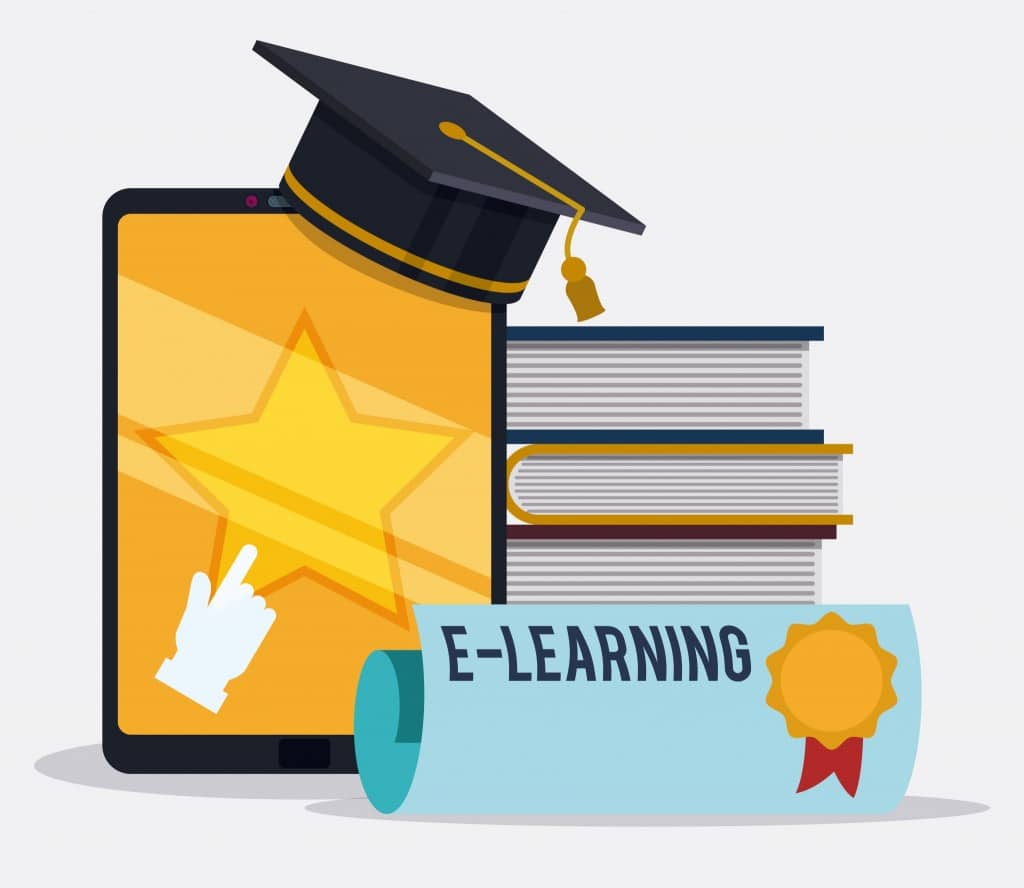
The PSLE English Grammar Quiz
Can you score full marks for this Grammar MCQ? Test yourself!
- Common PSLE English MCQ Questions
- Test if you are ready for your exams!
- Answers provided
Free Live Online Lessons that you may have missed!
How to use proverbs for composition writing.
How to Write a Composition – The Writing Samurai Methods
How to Use Good Expressions in Your Writing
How to Write an Impactful Introduction
* Some of the info mentioned in the video regarding our business is outdated
**The name of our tuition centre now is called Grade Solution Learning Centre
**We have 3 branches – Bugis, Kovan, Clementi.
*** Over 10,000 students have enrolled for WritingSamurai.com online courses
Follow Writing Samurai on Telegram here!
Get the latest english and compo writing tips, ebooks, and updates.
Click the button to follow our channel on Telegram.

Writing Samurai is an online platform dedicated to nurturing children’s creative writing skills. Our courses are designed to be engaging and effective, without resorting to traditional teaching methods.
Subscribe for latest news & English tips:
Primary english.
- Model Composition Examples
- Situational Writing Tips
- PSLE English Oral Exam Tips
- PSLE Chinese Oral Exam Tips
- 50 Meaningful Proverbs
- Composition Writing
- PSLE Marking Scheme

SECONDARY ENGLISH
- Past Year's O-Level Essays
- Discursive Essay Writing
- Argumentative Essay Writing
- Secondary English Writing Tips (O-Levels)
- Exam Tips for Secondary English
- 7 Exam Tips for Language Editing (O-Levels)

POPULAR TOPICS
- English Oral
- Chinese Oral
- Situational Writing
- Secondary School Writing
- Essay Writing Lower Secondary
- Synthesis & Transformation
TOP FREE RESOURCES
- Free English Writing Resources List
- Free Model Compositions
- Video - Proverbs Composition Writing
- Video - How to Write A Powerful Introduction
- Video - How to Use Good Expressions in your Compositions
- Free Online Writing Course - Kick Start Your Writing
TOP COURSES
- Junior Writers Masterclass - P1 / P2
- Little Writers Masterclass - P3 / P4
- Creative Writing Masterclass - P5 / P6
- Chinese Composition Writing - P5 / P6
- Essay Writing Masterclass - S1 / S2
- Essay Writing - Expository & Argumentative Crash Course
- Grammar Editing Crash Course for Secondary School
Essay Topics – List of 500+ Essay Writing Topics and Ideas
List of 500+ essay writing topics and ideas.
Essay topics in English can be difficult to come up with. While writing essays , many college and high school students face writer’s block and have a hard time to think about topics and ideas for an essay. In this article, we will list out many good essay topics from different categories like argumentative essays, essays on technology, environment essays for students from 5th, 6th, 7th, 8th grades. Following list of essay topics are for all – from kids to college students. We have the largest collection of essays. An essay is nothing but a piece of content which is written from the perception of writer or author. Essays are similar to a story, pamphlet, thesis, etc. The best thing about Essay is you can use any type of language – formal or informal. It can biography, the autobiography of anyone. Following is a great list of 100 essay topics. We will be adding 400 more soon!
But Before that you may wanna read some awesome Essay Writing Tips here .

Get the Huge list of 100+ Speech Topics here
Argumentative Essay Topics
- Should plastic be banned?
- Pollution due to Urbanization
- Education should be free
- Should Students get limited access to the Internet?
- Selling Tobacco should be banned
- Smoking in public places should be banned
- Facebook should be banned
- Students should not be allowed to play PUBG
Essay Topics on Technology
- Wonder Of Science
- Mobile Phone
Essay Topics on Festivals on Events
- Independence Day (15 August)
- Teachers Day
- Summer Vacation
- Children’s Day
- Swachh Bharat Abhiyan
- Janmashtami
- Republic Day
Essay Topics on Education
- Education Essay
- Importance of Education
- Contribution of Technology in Education

Essay Topics on Famous Leaders
- Mahatma Gandhi
- APJ Abdul Kalam
- Jawaharlal Nehru
- Swami Vivekananda
- Mother Teresa
- Rabindranath Tagore
- Sardar Vallabhbhai Patel
- Subhash Chandra Bose
- Abraham Lincoln
- Martin Luther King
- Lal Bahadur Shashtri
Essay Topics on Animals and Birds
- My Favorite Animal
Essays Topics About Yourself
- My Best Friend
- My Favourite Teacher
- My Aim In Life
- My Favourite Game – Badminton
- My Favourite Game – Essay
- My Favourite Book
- My Ambition
- How I Spent My Summer Vacation
- India of My Dreams
- My School Life
- I Love My Family
- My Favourite Subject
- My Favourite Game Badminton
- My Father My Hero
- My School Library
- My Favourite Author
- My plans for summer vacation
Essay Topics Based on Environment and Nature
- Global Warming
- Environment
- Air Pollution
- Environmental Pollution
- Water Pollution
- Rainy Season
- Climate Change
- Importance Of Trees
- Winter Season
- Deforestation
- Natural Disasters
- Save Environment
- Summer Season
- Trees Our Best Friend Essay In English
Essay Topics Based on Proverbs
- Health Is Wealth
- A Stitch in Time Saves Nine
- An Apple a Day Keeps Doctor Away
- Where there is a will, there is way
- Time and Tide wait for none
Toppr provides free study materials like NCERT Solutions for Students, Previous 10 Years of Question Papers, 1000+ hours of video lectures for free. Download Toppr app for Android and iOS or signup for free.
Essay Topics for Students from 6th, 7th, 8th Grade
- Noise Pollution
- Environment Pollution
- Women Empowerment
- Time and Tide Wait for none
- Science and Technology
- Importance of Sports
- Sports and Games
- Time Management
- Cleanliness is next to Godliness
- Cleanliness
- Rome was not Built in a Day
- Unemployment
- Clean India
- Cow Essay In English
- Describe Yourself
- Festivals Of India
- Ganesh Chaturthi
- Healthy Food
- Importance Of Water
- Plastic Pollution
- Value of Time
- Honesty is the Best Policy
- Gandhi Jayanti
- Human Rights
- Knowledge Is Power
- Same Sex Marriage
- Childhood Memories
- Cyber Crime
- Kalpana Chawla
- Punctuality
- Rani Lakshmi Bai
- Spring Season
- Unity In Diversity
- Artificial Intelligence
- Online Shopping
- Indian Culture
- Healthy Lifestyle
- Indian Education System
- Disaster Management
- Environmental Issues
- Freedom Fighters
- Grandparents
- Save Fuel For Better Environment
- Importance Of Newspaper
- Lal Bahadur Shastri
- Raksha Bandhan
- World Environment Day
- Narendra Modi
- What Is Religion
- Charity Begins at Home
- A Journey by Train
- Ideal student
- Save Water Save Earth
- Indian Farmer
- Safety of Women in India
- Sarvepalli Radhakrishnan
- Capital Punishment
- College Life
- Natural Resources
- Peer Pressure
- Nature Vs Nurture
- Romeo And Juliet
- Generation Gap
- Makar Sankranti
- Constitution of India
- Girl Education
- Importance of Family
- Importance of Independence Day
- Brain Drain
- A Friend In Need Is A Friend Indeed
- Action Speaks Louder Than Words
- All That Glitters Is Not Gold
- Bhagat Singh
- Demonetization
- Agriculture
- Importance of Discipline
- Population Explosion
- Poverty in India
- Uses Of Mobile Phones
- Water Scarcity
- Train Journey
- Land Pollution
- Environment Protection
- Indian Army
- Uses of Internet
- All that Glitters is not Gold
- Balanced Diet
- Blood Donation
- Digital India
- Dussehra Essay
- Energy Conservation
- National Integration
- Railway Station
- Sachin Tendulkar
- Health And Hygiene
- Importance Of Forest
- Indira Gandhi
- Laughter Is The Best Medicine
- Career Goals
- Mental Health
- Save Water Save Life
- International Yoga Day
- Winter Vacation
- Soil Pollution
- Every Cloud Has A Silver Lining
- Indian Culture And Tradition
- Unity Is Strength
- Unity is Diversity
- Wildlife Conservation
- Cruelty To Animals
- Nelson Mandela
- Of Mice And Men
- Organ Donation
- Life in a Big City
- Democracy in India
- Waste Management
- Biodiversity
- Afforestation
- Female Foeticide
- Harmful Effects Of Junk Food
- Rain Water Harvesting
- Save Electricity
- Social Media
- Social Networking Sites
- Sound Pollution
- Procrastination
- Life in an Indian Village
- Life in Big City
- Population Growth
- World Population Day
- Greenhouse Effect
- Statue of Unity
- Traffic Jam
- Beti Bachao Beti Padhao
- Importance of Good Manners
- Good Manners
- Cyber Security
- Green Revolution
- Health And Fitness
- Incredible India
- Make In India
- Surgical Strike
- Triple Talaq
- A Good Friend
- Importance of Friends in our Life
- Should Plastic be Banned
- Nationalism
- Traffic Rules
- Effects of Global Warming
- Fundamental Rights
- Solar System
- National Constitution Day
- Good Mother
- Importance of Trees in our Life
- City Life Vs Village Life
- Importance of Communication
- Conservation of Nature
- Man vs. Machine
- Indian Economy
- Mothers Love
- Importance of National Integration
- Black Money
- Greenhouse effect
- Untouchability
- Self Discipline
- Global Terrorism
- Conservation of Biodiversity
- Newspaper and Its Uses
- World Health Day
- Conservation of Natural Resources
- A Picnic with Family
- Indian Heritage
- Status of Women in India
- Child is Father of the Man
- Reading is Good Habit
- Plastic Bag
- Terrorism in India
- Library and Its Uses
- Life on Mars
- Urbanization
- Pollution Due to Diwali
- National Flag of India
- Vocational Education
- Importance of Tree Plantation
- Summer Camp
- Vehicle Pollution
- Women Education in India
- Seasons in India
- Freedom of the Press
- Caste System
- Environment and Human Health
- Mountain Climbing
- Depletion of Natural Resources
- Ishwar Chandra Vidyasagar
- Health Education
- Effects of Deforestation
- Life after School
- Starvation in India
- Jan Dhan Yojana
- Impact of Privatization
- Election Commission of India
- Election and Democracy
- Prevention of Global Warming
- Impact of Cinema in Life
- Subhas Chandra Bose
- Dowry System
- Ganesh Chaturthi Festival
- Role of Science in Making India
- Impact of Global Warming on Oceans
- Pollution due to Festivals
- Ambedkar Jayanti
- Ek Bharat Shreshtha Bharat
- Family Planning in India
- Democracy vs Dictatorship
- National Festivals of India
- Sri Aurobindo
- Casteism in India
- Organ trafficking
- Consequences of Global Warming
- Role of Human Activities in Global Warming
- Issues and Problems faced by Women in India
- Role of Judiciary in the Country Today
- Sugamya Bharat Abhiyan
- PUBG Mobile Game Addiction
- Role of Youths in Nation Building
- Value of Oxygen and Water in Life/Earth
- Farmer Suicides in India
- Start-up India
- Pollution Due to Firecrackers
- Life of Soldiers
- Child Labour
- Save Girl Child
- Morning Walk
- My School Fete
- Essay on Financial Literacy
- Essay On Sustainable Development
- Essay On Punjab
- Essay On Travel
- My Home Essay
- Child Marriage Essay
- Importance Of English Language Essay
- Essay On Mass Media
- Essay On Horse
- Essay On Police
- Essay On Eid
- Essay On Solar Energy
- Animal Essay
- Essay On Mango
- Gender Discrimination Essay
- Essay On Advertisement
- My First Day At School Essay
- My Neighborhood Essay
- True Friendship Essay
- Work Is Worship Essay
- Essay On Self Confidence
- Essay On Superstition
- Essay On Bangalore
- Sex Vs Gender Essay
- Essay On Social Issues
- Time Is Money Essay
- Essay About Grandmothers
- Essay On Hard Work
- First Day Of School Essay
- Flowers Essay
- My Favorite Food Essay
- Essay on Birds
- Essay on Humanity
- Essay on Sun
- Essay on Kargil War
- Every Cloud Has a Silver Lining Essay
- Francis Bacon Essays
- Importance of Cleanliness Essay
- My Sister Essay
- Self Introduction Essay
- Solar Energy Essay
- Sports Day Essa
- Value Of Education Essay
- Essay On Isro
- Essay On Balance Is Beneficial
- Essay On Reservation In India
- Essay On Water Management
- Essay On Smoking
- Essay On Stress Management
- Essay On William Shakespeare
- Essay on Apple
- Essay On Albert Einstein
- Essay On Feminism
- Essay On Kindness
- Essay On Domestic Violence
- Essay on English as a Global Language
- Essay On Co-Education
- Importance Of Exercise Essay
- Overpopulation Essay
- Smartphone Essay
- Essay on River
- Essay on Cyclone
- Essay On Facebook
- Essay On Science In Everyday Life
- Essay On Women Rights
- Essay On Right To Education
- Essay on Quotes
- Essay On Peace
- Essay On Drawing
- Essay On Bicycle
- Essay On Sexual Harassment
- Essay On Hospital
- Essay On Srinivasa Ramanujan
- Essay On Golden Temple
- Essay On Art
- Essay On Ruskin Bond
- Essay On Moon
- Birthday Essay
- Dont Judge A Book By Its Cover Essay
- Draught Essay
- Gratitude Essay
- Indian Politics Essay
- Who am I Essay
- Essay on Positive Thinking
- Essay on Dance
- Essay on Navratri
- Essay on Onam
- Essay on New Education Policy 2020
- Esasy on Thank you Coronavirus Helpers
- Essay on Coronavirus and Coronavirus Symptoms
- Essay on Baseball
- Essay on coronavirus vaccine
- Fitness beats pandemic essay
- Essay on coronavirus tips
- Essay on coronavirus prevention
- Essay on coronavirus treatment
- Essay on essay on trees
- Essay on television
- Gender inequality essay
- Water conservation essay
- Essay on Gurpurab
- Essay on Types of sports
- Essay on road safety
- Essay on my favourite season
- My pet essay
- Student life essay
- Essay on Railway station
- Essay on earth
- Essay on knowledge is power
- Essay on favourite personality
- Essay on memorable day of my life
- My parents essay
- Our country essay
- Picnic essay
- Travelling essay
Customize your course in 30 seconds
Which class are you in.

- Letter Writing
- It So Happened Summary
- Honey Dew Chapter Summaries
- The Alien Hand
- Malu Bhalu Summary
- Sing a Song of People Summary
- The Little Bully Summary
- Nobody’s Friend Summary
- Class Discussion Summary
- Crying Summary in English
Leave a Reply Cancel reply
Your email address will not be published. Required fields are marked *
Download the App

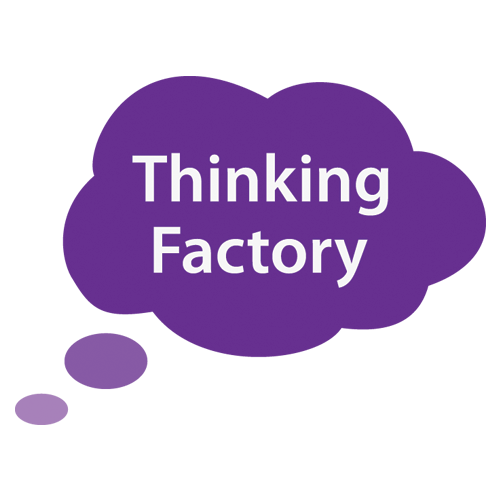
Primary 6 English Composition: A Changed Behaviour & PSLE 2019 results
Tomorrow we begin our PSLE Intensives until December 18th. I would like to congratulate my 2019 PSLE students for their accomplishments and results – from A*s and As and to my student who worked hard to accomplish his B grade, which he believed was not possible.
Sometimes parents ask me how does one get an A*?
There is no perfect model on how to achieve and A* for English . Sometimes, students join me in Primary 6 with a total of 72% and with hard work and determination, go from a B to an A* at PSLE.
Aside from having a good foundation of English , being motivated to attend the extra lessons organised and do the extra work set by the teacher, are some of the ways to achieve this.
When Vocabulary, Editing or Phrasal verbs lists are given, it is important to learn them well .
In the same way, when feedback is given for compositions done and how to improve on them, action is taken by the student and suggestions given by the teacher are implemented in the next composition.
In other words, while having a good English teacher who provides the necessary materials, practice and guidance in the PSLE year is important, being a self-motivated and diligent student is equally as important.
Below is a Primary 6 English composition by one of my students who scored an A* for her 2019 PSLE English. The topic, A Changed Behaviour, came out for Nanyang Pri School SA1 English composition.
We worked on it during one of our Intensives lessons before the PSLE and this is her composition.
Primary 6 English Composition: A Changed Behaviour
Note to students
The model compositions in this blog are to help students generate ideas and to be used as a guide. Students are not allowed to copy the model compositions and then pass them off as their own work, especially in school. It is called plagiarism.
A Changed Behaviour
The sound of the machine whirring in the background could be heard. The room was blinding white, awash with the bright light from the ceiling. The room was also filled with the odour of antiseptic lotion.
I looked back down to my mother, taking in her emaciated cheeks and sunken eyes. A tube was connected from her left arm to a stand with a drip. Grasping my mother’s hand in mine, I let a lone tear roll down my cheeks as I recalled my behaviour from before.
“What would mom think if she knew my behaviour from before I had changed?” I closed my eyes as I let my mind whiz back to the past, the time before I decided to change for the better.
I was a thief. I had stolen so many times that I had lost count. However, I was not doing it for the thrill or fun. I was doing it to get money to fund my mother’s medical bills.
My mother had been diagnosed with Stage 3 cancer about one year ago and she had to stay in the hospital for costly treatment. My family was not well-to-do and was just getting by. When the hospital presented the bills for the monthly treatment, father struggled to make ends meet. He had to take on two jobs and the pressure made him turn to alcohol. Drinking eventually turned to gambling. Soon my father was fired from both jobs. Before I knew it, my father had left the house, never to return, leaving loan sharks to come banging on our door.
Admist all the chaotic events in my life, I felt so alone and helpless. With my mother at the hospital, I had to stay at home alone. I decided to get a part-time job to earn some money for my mother’s medical bills. When that was not enough, I turned to stealing. It was the easiest way out.
I would go to a playground in a rich neighbourhood. I would wait and see who would leave their bags unattended. I had stolen so many times, I did not even get nervous anymore. I had different tactics for different situations and I believed that I would get a steady stream of income from stealing.
I reached into the glitter covered Smiggle handbag, trying to pull out the newest Iphone X, which I could just see at the bottom of the bag. I shielded the view of the bag from the children at the playground as I pretended to search through the bag for something. I managed to grab the iphone and slid it into my pocket. As I spun around, about to leave, I felt a tap on my shoulder. I flinched involuntarily. Had I been found out? Cold beads of sweat plastered my face as I turned around slowly, about to face whoever it was behind me.
“May! Why are you stealing?”
I recognised that voice. I turned around, only to confirm my suspicion. It was my class monitress, Lily. As she picked up that Smiggle bag, I realised in an instant that the bag and Iphone belonged to her.
“I..I …I didn’t steal. What are you talking about?” I stammered.
I expected Lily to tackle me to the ground and pull out her phone from my pocket and call the police like a classic “hero” in a movie. However, Lily patted me on the shoulder.
“I know you would never steal without a reason. You have been so quiet and sad at school as well. What has been going on?”
Seeing that her face was filled with genuine concern, I decided to open up to her. It was a relief to tell someone my troubles. After recounting my story, I understood that what I had been doing was wrong and I had to change my behaviour. No matter the circumstance, it was wrong to steal.
Lily gave me a hug and promised to accompany me to speak to my school principal the next day. When my school principal found out about my troubles, she immediately contacted the necessary agencies to help me out. The school also raised finds to help pay for my mother’s medical bills. Lily even accompanied me to visit my mother in the hospital. She was a true friend.
“Visiting hours are over,” came the announcement, whizzing me back to the present. I gazed at my mother and told myself that I would never steal again. As the saying goes “ It is never too late to change .” I was determined to never go back to my old behaviour again.
Check the other articles from this section
- SOTA Primary 6 Creative Writing Competition 2021
- Phrases to describe pride and embarrassment
- P6 English Composition model: Being punished
- P6 2021 SA1 List of Composition Themes
- P6 Composition Being Late
- List of P6 2020 English composition Preliminary Themes
- List of 2018 PSLE Compo themes
- PSLE Composition Reminders
- Phrases to describe ‘A Narrow Escape’
- PSLE 2022 Paper 1 : Unpacking the Situational Writing Component
- PSLE English 2022 Paper 1: Check what AL1 and AL2 English scorers wrote about
- 4 ways to score in the PSLE 2023 Composition & a Model Composition on the theme of ‘A change for the Better’
- List of 2023 Preliminary Composition themes & model on ‘kicking a bad habit’
- Creative Similes – How to use them and score in your PSLE compositions
- List of 2021 Preliminary Composition Themes
- PSLE English Composition tips: Two ways to plot ‘An unexpected discovery’ & model composition
- 2022 English Prelim and Composition Model – A change in attitude
- P6 English Composition: 3 ways to help students score above 33 for their examinations
- List of 2022 Preliminary Themes
- Primary 6 Composition A dangerous situation
- P6 Composition Theme Something Unexpected that Happened to You
- P6 SA1 2018 List of Composition Themes
- PSLE Composition A Crime you were involved in
- P6 Situational Writing
- PSLE English Composition Theme – A Considerate Act
- P6 SA1 Composition Themes 2019
- P6 English: An unforgettable event composition
- 2019 Preliminary Composition Themes
- P6 Composition An Adventure
- P6 Model composition – A Dangerous situation
- P6 Writing: City Underground & SOTA Primary 6 Creative Writing Competition 2020
- P6 English Composition model An Unwelcomed Guest
- P6 Composition A Memorable Occasion & taking risks in plots
- P6 English Composition A Secret
- P6 Composition model on Achieving a goal & how to score well
- PSLE Composition Theme An Unusual Incident
Don’t Miss Any Future Post!
2024 P6 English Tuition Timetable
ClassRoomNotes
Week 12 – start mar 25th and end 29th mar, 2024 – exam week.
Second Term Lessons Notes | Second Term Exam Questions | How I spent my Last Holiday | 2023/2024 School Academic Calendar | Join Us @ 080WhatsApp | 080TeleGram and WhatsApp Channel
Argumentative Essay Primary 6 (Basic 6) – English Studies
English studies .
FIRST TERM PRIMARY 6 WEEK 4 – READING COMPREHENSIVE ON DEMOCRACY AND MILITARY GOVERNANCE WRITING – A TEACHER IS MORE IMPORTANT THAN A FARMER WEEK 8 – WRITING – SCIENCE DO MORE HARM TO HUMANITY THAN GOOD THEME: SPEECH WORK AND WRITING
TOPIC: ARGUMENTATIVE ESSAY
Performance objectives.
By the end of the lesson, most of the pupils should have attained the following objectives – 1. Explain the features of an argumentative essay. 2. Write an argumentative essay.
ENTRY BEHAVIOR
INSTRUCTIONAL MATERIALS
The teacher will teach the lesson with the aid of: 1. Text book
2. A model essay from any other supplementary material 3. Pictures 4. Charts. 5. Real objects
METHOD OF TEACHING
Choose a suitable and appropriate methods for the lessons. Note – Irrespective of choosing methods of teaching, always introduce an activities that will arouse pupil’s interest or lead them to the lessons.
REFERENCE MATERIALS
Scheme of Work 9 – Years Basic Education Curriculum Brilliant Primary English Book 6 – page 10. All Relevant Material Online Information
CONTENT OF THE LESSON
Focus points of argument.
Argumentative Essay requires the writer to: 1. Present a viewpoint – Introduction: pre-writing, writing and editing.
2. Arrangement of ideas in logical sequence. 3. Prove his/her point (argue for or against a particular viewpoint). 4. Conclude his/her presentation.
FOCUS TOPICS
Examples of such Essay Titles include: 1. Science does more harm to humanity than good. 2. Should female circumcision be abolished? 3. Military rule is better than civil rule.
PRESENTATION
To deliver the lesson, the teacher adopts the following steps: 1. To introduce the lesson, the teacher revises the previous lesson. Based on this, he/she asks the pupils some questions; 2. Leads pupils to discuss any given argumentative essay, bringing out the validity of their viewpoints in a logical way.
Pupil’s Activities – Discuss the viewpoints taking cognizance of the style of this type of essay: Giving adequate source of information, Making reference to the audience – Mr. chairman, Panel of judges, etc, Summarise the opponent’s viewpoints and presenting their own argument, Arrive at a conclusion. 3. Guide pupils to write their own essay. Pupil’s Activities – Write an argumentative essay.
- To conclude the lesson for the week, the teacher revises the entire lesson and links it to the following week’s lesson.
LESSON EVALUATION
Ask pupils to: 1. Participate in a class debate on a given topic.
2. Write an argumentative essay.
Share this:
Related posts.

Second Term examination Basic Science Basic 7 (JSS 1) – Exam Questions

Second Term Examination Civic Education Primary 1 (Basic 1) Exam Questions

Phonemic Awareness – Identify Rhyming Words and Blend Sounds to Form One Syllabus Words for Primary 1 Primary 2 – English Studies
About the author.
Alabi M. S.
Welcome! We believe teachers inspire our future. CRN (ClassRoomNotes) is a website FOR TEACHERS BY TEACHERS, and we aim to continuously inform and encourage teaching! All materials are subject to TERMLY review.
Primary 6 Model Composition
- Tuesday, Aug 21st, 2018
- By: BIG IDEAZ
- Students' Writing
Estimated reading time: 3 minutes
This is a Primary 6 model composition, written by one of our Writing Academy students.
We are constantly compiling samples of our students’ writing and we love to showcase their well-written pieces. This student has managed to bring across the theme of Teamwork in this story. Enjoy reading this piece of composition, written based on the PSLE composition format .
* Edited: This happens to be the topic for 2018 PSLE Composition!
“Walk faster!” Brandon shouted annoyingly to his camping partner, Tim. Tim struggled to keep in pace with Brandon, who was metres in front of him. The scout teacher, Mr. Tan, had paired both of them up together for that week’s camp expedition. Tim was excited to have an experienced camper while his partner, Brandon, on the other hand, felt that Tim was just a newbie who knew nothing.
Brandon was indeed an excellent scout who took to the various skills taught like a duck to water. However, in class, his attitude was beyond terrible. He was defiant to his teachers and seldom handed in his homework on time. During his Co-curricular Activity, Scouts, his work was much better. However, his attitude remained the same. Brandon always treated his fellow cub scouts as if they were good-for-nothing wimps. Thinking that he was better than the others, he always acted arrogantly in front of them. Tim, who just joined Scout, received the same treatment.
“Hey, Brandon! Please wait for me!” Tim begged. Rolling his eyes in mock exasperation, Brandon stood on the rock with his arms folded across, chortled arrogantly at the feeble attempts of his partner to cross the boulder below him. Brandon soon realised that the time was not early. With all his might, Brandon pulled Tim up and continued on his tracks. Tim felt a sense of grudging gratitude towards Brandon’s action. Quickening his footsteps, he caught up with Brandon and both of them headed for the campsite that Mr. Tan had assigned each group to.
The sky grew darker and nighttime came closer. The path ahead of them grew unclear. Suddenly, Brandon slipped on a mossy rock and tumbled down a deep undergrowth of the forest after managing a loud yelp. Hearing that, Tim turned around only to realise that Brandon was deep in the undergrowth. Brandon landed with a huge impact that led to an excruciating pain at his kneecap. He realized that he had fractured his knee. “Are you alright?” Tim asked in concern, peering gingerly over the edge of the slope. Brandon only managed to reply with a painful moan. Reassured that Brandon was conscious, Tim started screaming for help.
Thankfully, both of them were near the campsite. The consistent screaming and shouting from Tim attracted the attention of Mr. Tan and the fellow cub scouts. When all of them arrived, they took out the ropes securing the tent and started tying them together, forming a rope long enough to reach Brandon. Heaving and pulling in tandem, it was not long before an injured and relieved Brandon appeared at the top of the slope. The scouts cheered and gave one another congratulatory high-fives. Brandon thanked everyone for their rescue gratefully. He even smiled weakly to Tim before being taken to the hospital.
After that incident, Brandon was a totally changed boy. He understood the importance of teamwork and camaraderie and no longer despised the idea of working and helping his friends. He changed his attitude dramatically and was even asked to become the Cub Scout leader.
~ by Pua Qing Yi (Primary 6)
Click here to read more model compositions written by our students .
Download our free set of PSLE model compositions .
Related posts:.
Author: BIG IDEAZ
Click on the icon below to chat on WhatsApp or email us at [email protected] or self-help with our FAQs .
Prompt response during working hours on weekdays/Saturdays.

Want to create or adapt books like this? Learn more about how Pressbooks supports open publishing practices.
Part Two Paragraph Writing Skills and Essay Introduction
Unit 6 Essay Introduction
Learning Objectives
- To learn what an essay is
- To understand the similarities and differences between a paragraph and an essay
- To learn through writing samples how to transition from writing a paragraph to writing an essay
- To understand how the components of an essay relate to each other: hook, thesis statement, introductory paragraph, supporting paragraphs, and concluding paragraph
- To practice writing a five-paragraph essay

Read the following paragraph and essay. Discuss the questions that follow.
Places in Making American Friends
There are three places to make friends in the United States. The first place is in the neighborhood. When I visited the U.S. as a child ten years ago, I met an American girl whose house was near mine. We were shy in the beginning but soon started riding our bikes in the neighborhood. We chased [1] each other and had a good time. A few months later, her family moved to another state. I have fond [2] memories of her and think that we will be able to reconnect and renew our friendship if we meet again. Secondly, going to an American school provides an opportunity to make friends. I attended an American elementary school for about six months. I was very nervous about being the only one who looked different. However, some classmates and teachers were kind enough to approach me. They were very understanding even though I did not always understand them. Some of them even helped me with school work and in the gym class. As a young girl in a foreign country, I was very grateful for their friendship. Now I am in America again. I need and value friendship as much as when I was a child. I go to a church once a week and attend a Bible study class where I meet many young adults. There, I have made some friends with whom I talk about not only God but also different cultures. For example, some of them are interested in Japanese music and Anime, so I share some of my favorite music and Anime with them. Sometimes I teach Japanese to them, and they teach English to me. Exchanging information with each other is a good way of establishing and strengthening [3] the relationship. I have learned from my experiences in the neighborhood, school, and church in America over the years that with an open and sincere heart, I am able to find good friends.
By M. Ohbayashi (student), ESL Writing III, Harper College. U sed with permission.
When I was a child, I had an opportunity to come to the United States a few times to visit my grandmother, uncle, and aunt, who were living in the U.S. Many years later, in January 2020, my mother and I were able to immigrate here. Since I was not an outgoing type of person, I had just a few friends in Japan. However, I have met a lot of Americans and have been able to make friends with some of them. The three places to make friends in the U.S. for me are my neighborhood, school, and church.
The first place is in the neighborhood. When I visited the U.S. as a child ten years ago, I met an American girl whose house was near mine. We were shy in the beginning but soon started riding our bikes in the neighborhood. We chased each other and had a good time. I also went to the pool with my grandmother and her family in summer. Although the pool was deep and I was scared, she and her family helped me enjoy swimming without fear. Besides riding bikes and swimming, we both loved dogs. We each had one. Even the dogs became friends as we played with them with balls. A few months later, her family moved to another state. I have fond memories of her and think that we will be able to reconnect and renew our friendship if we meet again.
Secondly, going to an American school provides an opportunity to make friends. I attended an American elementary school for about six months. I was very nervous about being the only one who looked different. I also did not know how to behave differently in an American school. However, some classmates and teachers were kind enough to approach me. They spoke slowly and patiently with simple English words. They were very understanding even though I did not always understand them. Some of them even helped me with school work and in the gym class. As a young girl in a foreign country, I was very grateful for their friendship. Thanks to them, school became wonderful to me.
Now I am in America again. I need and value friendship as much as when I was a child. I go to a church once a week. One day I met a girl who was studying Japanese. We began to talk with each other. She invited me to a Bible study class, and there I met many young adults. In the beginning, I felt nervous and shy just like the time when I attended the American elementary school for the first time many years before. However, as time went by, I started to like the Bible study class and made some friends with whom I talk about not only God but also different cultures. For example, some of them are interested in Japanese music and Anime, so I share some of my favorite music and Anime with them. Sometimes I teach Japanese to them, and they teach English to me. Exchanging information with each other is a good way of establishing and strengthening the relationship.
Fortunately, I have met many kind Americans who have become my good friends. Though my shyness sometimes stands in the way, I have been trying hard to overcome it by initiating conversations with as many people as possible. I have learned that with an open and sincere heart, I am able to find good friends.
By M. Ohbayashi (student), Writing III, Harper College. U sed with permission.
Discussion Questions:
- How do you make American friends? Do you share some of the experiences the writer has described?
- What is the main idea in the paragraph? What is the main idea in the essay?
- How many paragraphs does the essay have?
- What are the three places of making American friends in the paragraph? Are the same three places explained in the essay?
- What does the essay have that the paragraph does not? Do the extra details make the essay better supported and more interesting?
- From the above two pieces of writing, what have you discovered about the similarities and differences between a paragraph and an essay?
- If you could ask the writer one question, what would you ask?
You have learned and practiced how to write well-organized, well-developed paragraphs. Now it is time to expand your writing expertise [4] to essays!
II. Similarities and Differences Between a Paragraph and an Essay
In Unit 3 Parts and Characteristics of a Good Paragraph, you learned that a paragraph is a group of sentences about one main idea . ( Open Unit 3 here . )
In this unit, you will learn that an essay is a group of paragraphs about one main idea . An essay can be as short as three paragraphs but as long as many paragraphs that span [5] multiple pages.
Here is a summary of similarities and differences between a paragraph and an essay:
III. Essay Organization
Essay assignments are very common in college courses. In this course, you are going to learn only the basic concepts and organization of essays that contain five paragraphs. There are other ways of writing built on this basic model, and you will learn them in future semesters.
As you already have much experience writing paragraphs, a good start with essays is to expand [6] an existing paragraph, as you have seen in the beginning of this unit. Below is a structural comparison between a paragraph and an essay.
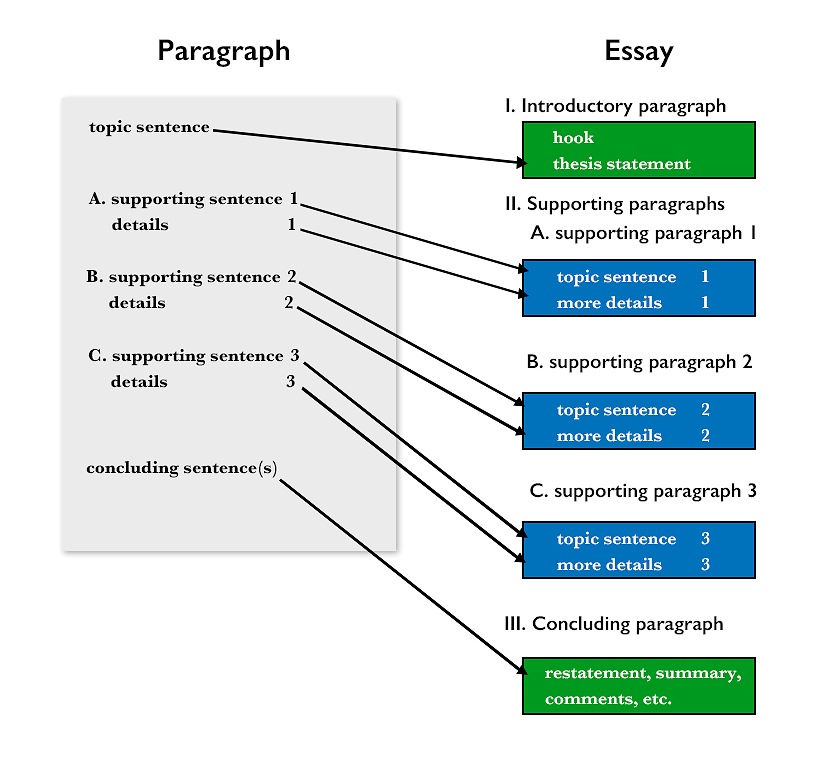
Read the following paragraph and then the essay. Compare the two by answering the questions that follow.
My Joy in Baking

Baking is my favorite hobby. When I was a child, I like d sweets a lot, especially pastry. Since my mom could not bake, I always went to my friend Natalia’s house to learn baking because her mom was excellent in it. Though t he learning process was not that easy , I enjoyed it . I tried and ruined [7] a lot of ingredients, but I did not lose hope. Then I started to get better and better. I tried cupcakes and cookies. It gave me confidence and excitement to think that I could bake for myself. Now I am an adult with a family of my own, and this hobby has not changed. It relaxes me to bak e. When I have a n exhausting day or feel stressed out, the idea of crea ting something sweet and fresh makes me feel relaxed . I also like to share the fruit [8] of my hobby with my family and friends. Baking for them gives me joy. To have a happy moment together on any occasion [9] with sweet treats makes my relationship with them stronger. These are all the reasons why baking is my favorite hobby. I would recommend it to anyone who loves sweets and is looking for ways to bring happiness to other people.
By N . Mamurova (student), ESL Writing III, Harper College. Used with permission.
A hobby is a regular activity performed for enjoyment during spare time. People can choose any hobbies that are right for them: music, sports, cooking, sewing, gardenin g , and so on. As a child, I like d sweets a lot, especially pastry. This is why baking became and has always been my favorite hobby.
Though the learning process was not easy, I enjoyed it . Since my mom could not bake, I always went to my friend Natalia’s house to learn baking because her mom was excellent in it. I tried and ruined a lot of ingredients, but I did not lose hope. After a few months, I started to get better and better. On Natalia’ s 10 th birthday, I made pretty cupcakes, even with yellow and pink icings on them. Her mom was very impressed. It gave me confidence and excitement to think that I could bake by myself and bring more happiness to an already joyful event.
Now I am an adult with a family of my own, and this hobby has not changed. It relaxes me to bake. When I have an exhausting day or I am stressed out, the idea of creating something sweet and fresh makes me feel relaxed. Being a mom and a student, my schedule is full. However, nothing else relieves my stress more than baking after a difficult examination at the college: the aroma of butter and sugar, the slowly forming cookies in the oven, and the pleasant and crunching sound as I bite into my creations – all eases the tension of my whole being.
Most importantly, sharing my baking has strengthened my relationship with my family and friends. Enjoying a happy moment together on any occasion with sweet treats gives me joy. Once a friend of mine was sick, but she immediately got much better when I brought her a home-baked, mouth-watering apple pie. I have learned that helping others does not have to be a huge endeavor [10] . Small acts of kindness are just as valuable and meaningful.
A hobby takes time to perfect but brings joy in the process. I am so glad that I have found my pleasure in baking, and I intend to enjoy it for many more years to come. I would recommend it to anyone who loves sweets and is looking for ways to bring happiness to other people.
By N . Mamurova (student), ESL Writing III, Harper College. Used with permission.
IV. Hook, Thesis Statement, Introductory Paragraph
The word “hook” may remind you of a piece of plastic or metal on the wall on which you can hang your coat. The hook holds the coat and prevents it from falling to the floor. In the same way, a hook in the beginning of an essay aims to hold the readers’ attention so that they keep reading. The main purpose of a hook is to introduce the topic and to get the readers interested.
There are different ways to write a hook. The most common ones are introducing the background or discussing some general information related to the topic.
Discuss the hook in the essays “Places in Making American Friends” and “My Joy in Baking”. Does it introduce the topic and get you interested in reading the essay?
Thesis Statement
The thesis statement is a sentence that contains the main idea of the entire essay.
- A topic sentence shows the main idea of a paragraph. It is usually put in the beginning of a paragraph.
- A thesis statement shows the main idea of an essay. It is usually placed as the last sentence in the introductory paragraph.
The rules for the topic sentence also apply to the thesis statement.
Exercise 1. Use the expressions below to develop thesis statements.
surprises / U.S.
Thesis statement: I encountered some surprises in my first few weeks of living in the U.S.
1. children / parents’ influence
2. marriage / fights
3. dream job / hard work
4. self-discipline / success
5. bilingual / benefits
6. money / problems
7. government / assisting college students
8. personality / happiness
Exercise 2. Study the introductory paragraph in “Places in Making American Friends” and “My Joy in Baking”. Then choose two of the thesis statements from Exercise 1 to write two introductory paragraphs.
V. Transitions, Supporting paragraphs, and Concluding Paragraph
The principles for the transitions, supporting ideas, and conclusion in a paragraph also apply to an essay. In an essay, there are more supporting details than in a paragraph.
Study and discuss the following outline developed from the example thesis statement in Exercise 1.
Exercise 3. Use the above outline as an example. From the two topics you worked on in Exercise 1 and Exercise 2, write an essay outline for each.
VI. More Essay examples
Read the two essays below. The first one is developed from an earlier outline. As you read, discuss the questions:
- What is the hook? Is it interesting?
- What is the thesis statement? Where is it located?
- In each body paragraph, what is the topic sentence? What are the details?
- What transition does the writer use in the beginning of each body paragraph?
- Is the paragraph mainly enumerative or narrative in organization? How do you know? In what order are the supporting paragraphs organized (order of importance or chronological order)?
- Does all the information in the body paragraphs support the thesis statement?
- What types of information does the writer use in the conclusion?
- What do you like about this essay?
- How would you improve the essay?
VII. Unit Review Practice: An Essay Writing Assignment
Now you are ready to write your own essay! As you have learned in Unit 2 The Writing Process ( Open Unit 2 here ), the best way to plan a paragraph is to follow the proper steps.
An Essay Writing Assignment
Purpose : To show your understanding of planning and writing an essay. Use the writing process to help you.
Topic : You have three choices from below.
Brainstorm and Outline : Brainstorm for ideas. Then organize the ideas by using the outline template below to make an outline. Your outline is due on _________. Bring it to class.
Essay : Your essay should have a title, an introductory paragraph with a hook and a thesis statement, 3 supporting paragraphs each starting with a topic sentence followed by lots of details, and a concluding paragraph. Use appropriate transitions to connect the supporting paragraphs. There should be a total of 5 paragraphs in the essay.
Format : Type your essay, double spaced, font size 12, with 1-inch margins on four sides of the page. Type your name, class, and date on the upper right-hand corner of the page. The first line of each paragraph should be indented. Save your essay in a Word file.
Self Checklist : When you finish writing, use the Self Checklist below. Put a checkmark beside each item if you think you did a good job in that area. Otherwise, improve your essay until you can check off the item. Save your work again.
Submission : Submit your essay on the Blackboard. Go to your Blackboard course site and follow the instructions there. Due by __________.
You have three choices for your topic.
Choice 1:
Choose one of the paragraphs you have written in this course and expand it into an essay.
Choose one of the thesis statements, introductory paragraphs, and outlines in Exercise 1, 2, and 3 in this unit. Then write an essay based on your outline.
Choose one of the following new topics. If you plan to have a different one, please talk with your professor first.
- What are the three things that you want to change about Harper College?
- What are the three things (or events, or people) you wish to forget?
- What are the three most important ways people in your country express love?
- What has been the most memorable day in your life?
- How did you overcome a challenge in your life?
Essay Outline Template
Essay Self Checklist
Note: #6 – #8 may include more specific aspects of grammar depending on how many editing units you have already studied.
NSNT Practice

Go to The NSNT Free Writing Approach and Additional Weekly Prompts for Writing in Appendix A. ( Open Appendix A here. ) Choose two topics that you have not written about. You may start with the NSNT approach. Then revise and edit at least one of them into an essay. You are encouraged to share your writing with your partner and help each other improve.
Vocabulary Review
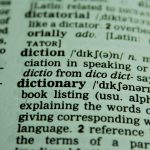
The words here have appeared in this unit. The best way to learn them is to guess the meaning of each word from the context. Then hover your computer mouse over the number beside each word to check its meaning and part of speech. These words are also listed in the footnote area at the end of each unit.
Here, you can use the flashcards below to review these words.
- An essay is a group of paragraphs about one main idea. It consists of a title, an introductory paragraph with a hook and a thesis statement, a few supporting paragraphs, and a concluding paragraph.
- A hook consists of a few sentences to introduce the topic and to get readers interested in the essay.
- A thesis statement is a sentence containing the main idea of the entire essay. It is usually placed at the end of the introductory paragraph.
- Transitions are used to provide connections between supporting paragraphs.
- Paragraphs and essays share some common features. They both focus on one central idea which is explained and developed through supporting ideas and details.
Media Attributions
- people pressing hands together © Photo by Hannah Busing on Unsplash
- comparing paragraph and essay structures © Lin Cui is licensed under a CC0 (Creative Commons Zero) license
- 5 cupcakes with sprinkles © Photo by Brooke Lark on Unsplash
- a pen writing in a notebook © Photo by Aaron Burden on Unsplash
- a page in a dictionary © Pixabay
- chase: verb, run in order to catch someone ↵
- fond: adjective, good, loving ↵
- strengthen: verb, make or become strong ↵
- expertise: noun, expert knowledge and skills ↵
- span: verb, cover, extend to ↵
- expand: verb, make bigger or longer ↵
- ruin: verb, destroy, waste ↵
- fruit: noun, products, results ↵
- occasion: noun, situation ↵
- endeavor: noun, many efforts, hard work ↵
Building Academic Writing Skills Copyright © 2022 by Cui, Lin is licensed under a Creative Commons Attribution-NonCommercial-ShareAlike 4.0 International License , except where otherwise noted.

Creative Writing for Primary 5 & 6 English
$ 9.90 $ 7.43 excl 9% GST (25% Discount)
Description
Additional information.
- Reviews (0)
Writing an essay is an essential component of most academic courses, and it is a skill that students need to master to achieve academic success. To write a good essay, students need to have a good command of English and clarity in expression. This can be challenging, especially for those who are not native speakers of the language. However, with the right tools and resources, anyone can improve their essay writing skills. This is where thematic exercises come in, and this book provides an excellent guide for students looking to improve their writing skills.
The book contains thematic exercises in various settings that are commonly found in examinations. These exercises cover different themes such as friendship, education, and adventure. Each theme is accompanied by examples of good descriptive phrases, which students can use to build up their word bank and improve their writing skills. These phrases are carefully chosen to illustrate different techniques and styles of writing, and they are designed to help students express themselves effectively in English.
Suggested answers to practice questions are also provided in the book to facilitate learning. These answers not only show students how to structure their essays and use descriptive phrases but also provide insights into the techniques and strategies used to score well in exams. By following the examples and suggestions provided in the book, students can improve their writing skills and eventually make use of the techniques to score an AL1 in Paper 1.
One of the key benefits of using thematic exercises to improve essay writing skills is that it helps students to develop their creativity and imagination. The exercises provide a platform for students to explore different ideas and perspectives on various topics, which in turn, enables them to write more compelling essays. Furthermore, by exposing students to different styles of writing, the book encourages them to experiment with new techniques and approaches, which can help them to stand out from their peers.
Another benefit of using thematic exercises to improve essay writing skills is that it helps students to improve their language skills. By providing examples of good descriptive phrases, the book helps students to build up their word bank and improve their vocabulary. This not only makes their writing more engaging and interesting but also helps them to express themselves more effectively in English.
In conclusion, writing a good essay requires a good command of English and clarity in expression. This book provides an excellent guide for students looking to improve their writing skills. The thematic exercises, examples of good descriptive phrases, and suggested answers to practice questions all help students to develop their creativity, imagination, and language skills. By following the examples and suggestions provided in the book, students can improve their writing skills and eventually score an AL1 in Paper 1.
There are no reviews yet.
You must be logged in to post a review.
You may also like…
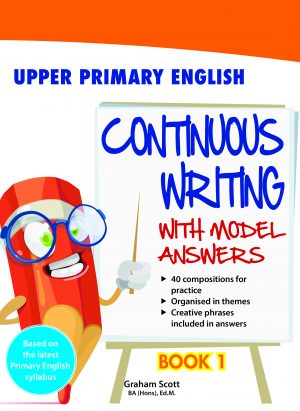
Upper Primary English Continuous Writing With Model Answers Book 1
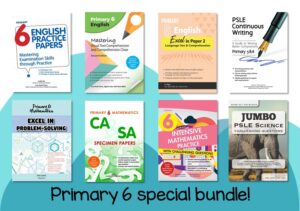
P6 Revision Set
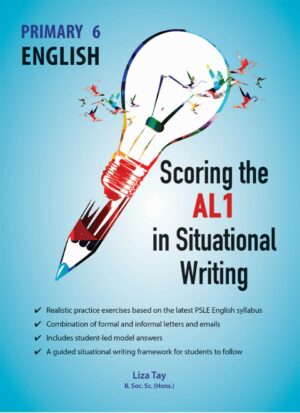
Primary 6 English Scoring the AL1 in Situational Writing
Related products.
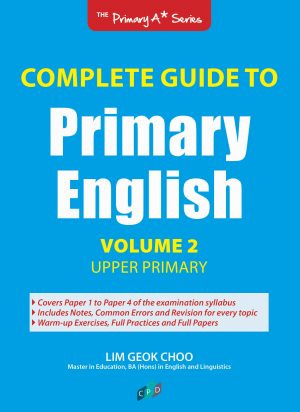
Complete Guide to Primary English Volume 2 (Upper Primary)
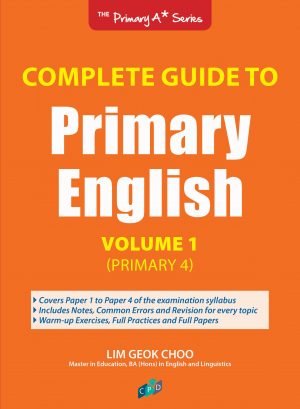
Complete Guide to Primary English Volume 1 (Primary 4)
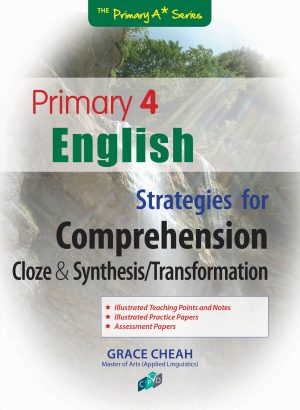
Primary 4 English: Strategies for Comprehension Cloze & Synthesis/Transformation

IMAGES
VIDEO
COMMENTS
Narrative Essay Topic Ideas for Students. Argumentative Essay Topics for Middle School. Expository Essay Topic Ideas. Story Writing Topics for Grades 5 - 9. Essay writing curriculum 6th grade. These 37 essay topics for 6th graders will help your kids form opinions, explore their ideas on paper, and express their thoughts confidently.
Essay for Primary School: Simple Guide for Kids [with Samples] (44 votes) The age of primary school students ranges from 5 to 11 years. At this stage of education, children start developing their writing skills. They make their first steps to analyzing and proving their points of view.
ESSAY WRITING PARAGRAPH WRITING TIPS. Each paragraph should focus on a single main idea. Paragraphs should follow a logical sequence; students should group similar ideas together to avoid incoherence. Paragraphs should be denoted consistently; students should choose either to indent or skip a line.
The primary 6 English syllabus focuses primarily on solidifying the knowledge acquired in the last five years, with the introduction of a few new topics and concepts. Students will be focusing on improving their grasp of fundamental grammar, vocabulary, and sentence structure, as well as their reading comprehension and composition writing ...
Guide to Good Essay Writing (Primary 6) Utter coherent. Distinguished between narrative descriptive and argumentative writing. Write short narrative, descriptive and argumentative compositions. The teacher will teach the lesson with the aid of suitable reading materials to serve as models. METHOD OF TEACHING - Choose a suitable and ...
In Year 6 (age 10-11), your child will be aiming to build upon the goals and expectations they were first set in Year 5. They will be expected to: Plan their writing by: Identifying the audience for and purpose of the writing. Noting and developing initial ideas, drawing on reading and research where necessary. Draft and write by:
101 Interesting Persuasive Essay Topics for Kids and Teens. Use your words to sway the reader. Persuasive writing is one of those skills that can help students succeed in real life. Persuasive essays are similar to argumentative, but they rely less on facts and more on emotion to sway the reader.
Good English Composition Examples for Primary School. The model compositions compiled here are written by our students. These are good English composition examples and they give you an idea of what primary school students are capable of writing. We take in a wide range of students in our weekly writing classes and online courses. Some of them ...
After You Write. This lesson gave you three essay writing steps: choosing a topic, brainstorming, and writing. There is one more step that you can take if you want your writing to be exceptional ...
An essay is a focused piece of writing that explains, argues, describes, or narrates. In high school, you may have to write many different types of essays to develop your writing skills. Academic essays at college level are usually argumentative : you develop a clear thesis about your topic and make a case for your position using evidence ...
Student Models. When you need an example written by a student, check out our vast collection of free student models. Scroll through the list, or search for a mode of writing such as "explanatory" or "persuasive.".
Class 6 Essay Writing Topics in English can be helpful for students to come up with great thoughts about the selected topic. We all are aware of Class 6 Essay Topics but choosing the right essay to attract an audience is a bit difficult task. Essays are the same as a story, thesis, pamphlet, etc. An […]
An essay is a focused piece of writing designed to inform or persuade. There are many different types of essay, but they are often defined in four categories: argumentative, expository, narrative, and descriptive essays. Argumentative and expository essays are focused on conveying information and making clear points, while narrative and ...
By: BIG IDEAZ. Students' Writing. Estimated reading time: 5 minutes. Mastering Primary 6 composition is one of the more challenging areas for most students. Primary 6 is a crucial year with the PSLE as the main event for students. In order to score A or A-star for PSLE English, it is vital for students to do well in their Composition paper.
Children must first understand the nature of the essay and plan their writing accordingly. Also, essay writing is a fulfilling task. Writing on a topic and producing a high-quality essay is not easy, but it is worth the effort. Help kids improve their writing and vocabulary by providing various essay topics in English. Also, refer to the ...
Here are 88 Awesome IDIOMS that you can learn and apply immediately. Boost your language marks for compo writing and WOW your teacher! Simple & Easy-to-use. Minimal Memory Work. Examples provided. Learn the meaning of these idioms! Click here to Download.
While writing essays, many college and high school students face writer's block and have a hard time to think about topics and ideas for an essay. In this article, we will list out many good essay topics from different categories like argumentative essays, essays on technology, environment essays for students from 5th, 6th, 7th, 8th grades.
For the latest catalogue Fax 01772 01772 863158 866153 email: [email protected] Visit our Website at: www.topical-resources.co.uk. Year 6 - Independent Writing Activities. Introduction.
Below is a Primary 6 English composition by one of my students who scored an A* for her 2019 PSLE English. The topic, A Changed Behaviour, came out for Nanyang Pri School SA1 English composition. We worked on it during one of our Intensives lessons before the PSLE and this is her composition.
Argumentative Essay requires the writer to: 1. Present a viewpoint - Introduction: pre-writing, writing and editing. 2. Arrangement of ideas in logical sequence. 3. Prove his/her point (argue for or against a particular viewpoint). 4.
Primary 6 Model Composition. Estimated reading time: 3 minutes. This is a Primary 6 model composition, written by one of our Writing Academy students. We are constantly compiling samples of our students' writing and we love to showcase their well-written pieces. This student has managed to bring across the theme of Teamwork in this story.
Choice 1: Choose one of the paragraphs you have written in this course and expand it into an essay. Choice 2: Choose one of the thesis statements, introductory paragraphs, and outlines in Exercise 1, 2, and 3 in this unit. Then write an essay based on your outline. Choose 3: Choose one of the following new topics.
Writing a good essay requires a good command of English and clarity in expression. This assessment book contains thematic exercises in various settings found in examinations. With many examples of good descriptive phrases from different themes, you will definitely improve your writing and build up your word bank. Suggested answers to practice questions are provided to facilitate learning and ...